Robert Shimabukuro ’67
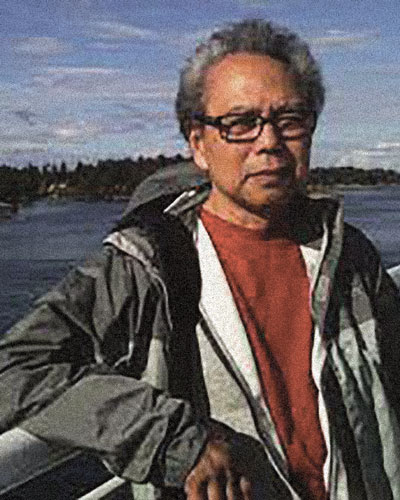
March 29, 2021, in Seattle, Washington, of natural causes.
As a child growing up in Maui, Bob’s life was ruled by asthma. The illness kept him out of school for nearly half of each year. When his congestion got bad, his parents or sister would rub his back to provide relief, and as they massaged and talked, he would listen.
“My mother would sing, my dad lectured me on Marx and Hegel, my sister talked about how the world treats women,” he remembered.
His father, who worked as a laborer, saw much of life in terms of the rich versus the poor. A union activist, he was on the board of directors of the Hawaii Star, an activist community newspaper that made Sen. Joseph McCarthy’s list of subversive publications in the 1950s. Bob watched as his mother washed the clothes of her seven children by hand. When breathing became exhausting, he’d sit and dream he was somebody else, somewhere else. For the rest of his life, he found refuge in just sitting and staring at beautiful scenery.
Curious about the rest of the world, Bob chose to go to college at Reed. He wrote his thesis, “Charles Sanders Peirce: The Theory of Meaning,” advised by Prof. Bonnie H. Garlan [philosophy 1965–68], and became involved with woodworking while working on theatre sets at Reed.
He married, had a daughter, and worked assorted odd jobs on both coasts, including plumbing, wiring, and remodeling. Then he took a job in a Portland furniture shop and learned enough about furniture design to open his own shop, Shimabukuro Distinct Furniture. Bob’s handcrafted tables, chairs, and breakfronts were prized for their beauty and restrained refinement. For restaurateur Michael Vidor, he converted a storefront in Southeast Portland into an inviting neighborhood sushi-yakitori bar named Tanuki. The rustic decor, with its fine-grained high-gloss wood, gave the restaurant the feeling of an old Japanese village. Bob also cooked in the restaurant twice a week.
The end of his marriage sparked a difficult period. Bob isolated himself for nearly four years, working in his shop except for trips to the hardware store and lumberyard. His work was featured in West Greets East, a selection of pieces by Northwest Japanese American artists in honor of the opening of the Japan-American Conference in Portland in 1985. His wooden boxes were displayed at the White Bird Gallery in Cannon Beach.
In 1987, Bob moved to Los Angeles, where he wrote a column for the Pacific Citizen, the national newspaper of the Japanese American Citizens League. One of his readers was a San Franciscan named Alice Ito. The two visited back and forth and discovered they enjoyed a shared perspective. They moved to Seattle, Alice’s hometown, and married in 1988. Bob rented a studio space in Pioneer Square and began crafting fine furniture. “He used to joke that he made the kind of furniture that we couldn’t afford,” Ito said.
Bob also worked as an editor and columnist for the International Examiner newspaper, where he advocated for Seattle’s marginalized communities. Ron Chew, an editor at the paper, remembered Bob as “a very low-key kind of person—a bit of a philosopher, a little bit of a dreamer, a social activist, a little bit of an artist, all wrapped up in one.”
J.K. Yamamoto, another coworker, enjoyed discussing pop culture with Bob. “He had a different take on movies,” Yamamoto said. “In Ghostbusters, he saw no reason to chase down ghosts that ‘weren’t doing a damn thing.’”
For more than three decades he had an enormous impact on the Japanese American community of Seattle. Bob’s column, first called “Bull Session” and later renamed “Fo’ Real,” often explored social issues that featured bits and pieces of his family’s stories. He wrote about ads that offended Asian Americans, national politics, the arts, baseball, racial intolerance, violence, and his brother Sam’s battle with AIDS. After Sam’s death, Bob founded and was executive director of the Asian Pacific AIDS Council.
“We wouldn’t be very happy or productive people if we weren’t pursuing activities and goals that really mean something for ourselves and other people,” he said.
Bob worked with Chew to create the Executive Order 9066: 50 Years Before and 50 Years After exhibit at Seattle’s Wing Luke Museum. Drawing more than 10,000 visitors in six months and raising $150,000 for the struggling museum, the exhibit exposed a dark chapter in American history in harrowing detail. Bob hand built a recreation of incarceration camp living quarters.
He also wrote a book examining the issues of redress and reparations for those who were incarcerated, based on hundreds of interviews. Born in Seattle: The Campaign for Japanese American Redress was published in 2001 by the University of Washington Press.
“A lot of people nationally don’t realize that the redress movement, really the impetus and the energy, was born here in Seattle,” Chew said. “And he’s the one person who documented it.”
In 1994, Bob and Alice welcomed a son, Zenwa Toshio Ito Shimabukuro.
Bob turned in his last column the day before his death. He is survived by his wife, Alice Ito; daughter, Mira; and son, Zenwa.
Appeared in Reed magazine: December 2021
comments powered by DisqusFrom the Archives: The Lives they Led
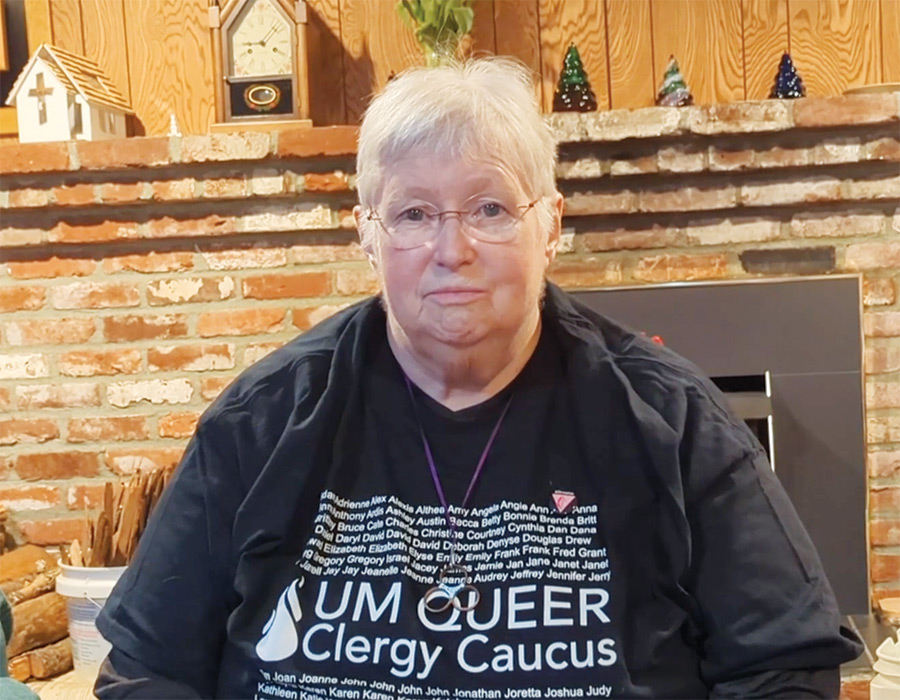
Jeanne Knepper ’69
The First Openly Gay Woman to Be Ordained and Appointed Within the Oregon-Idaho Conference of the United Methodist Church
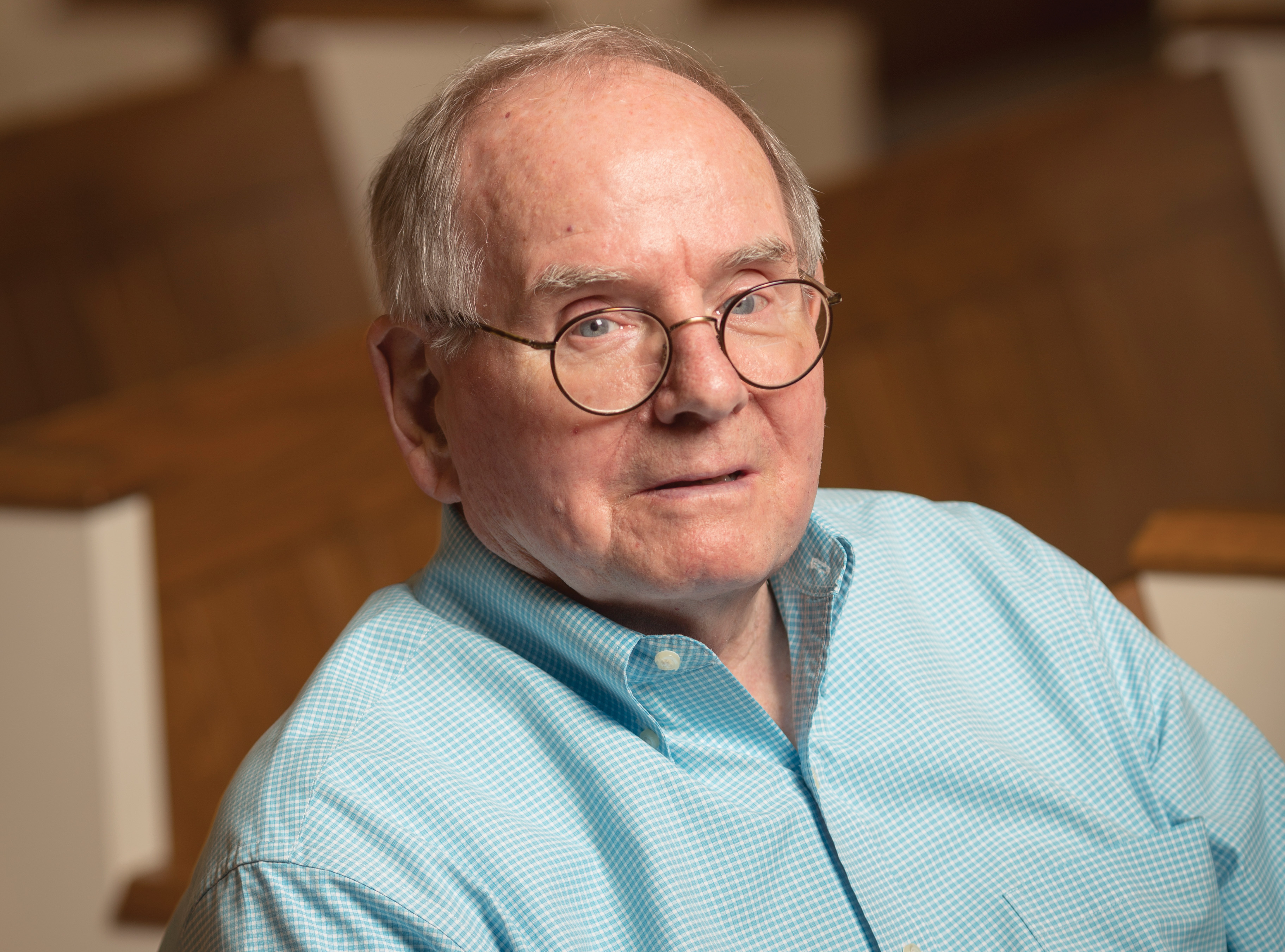
William Haden
As Acting President of Reed, He Strengthened the College's Finances and Alumni Relations
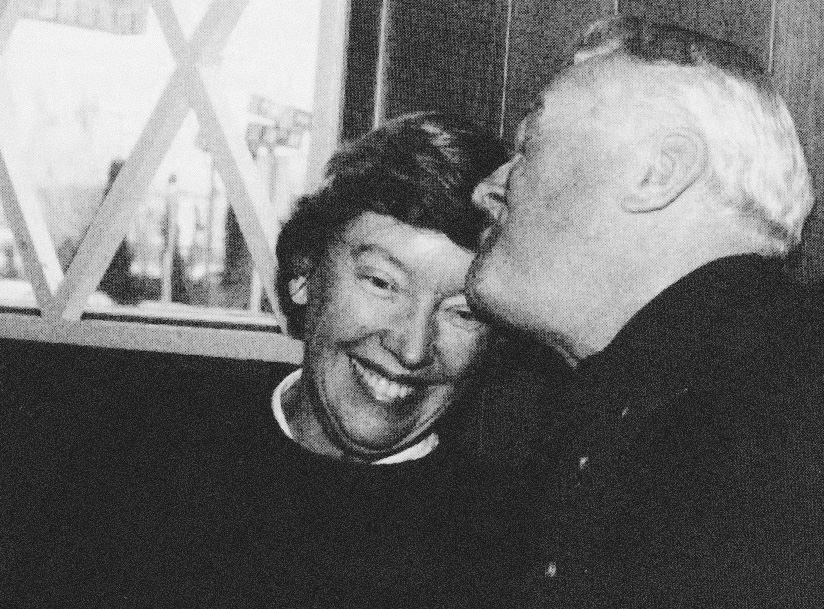
Nancy Horton Bragdon
Reed’s First Lady Whose Warmth and Leadership Were Invaluable During a Turbulent Time

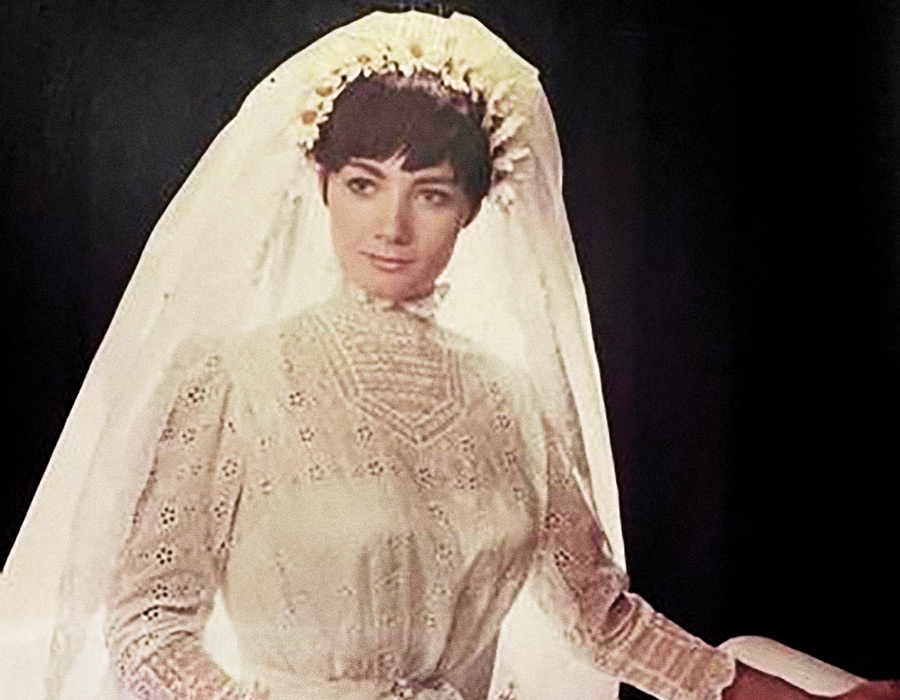
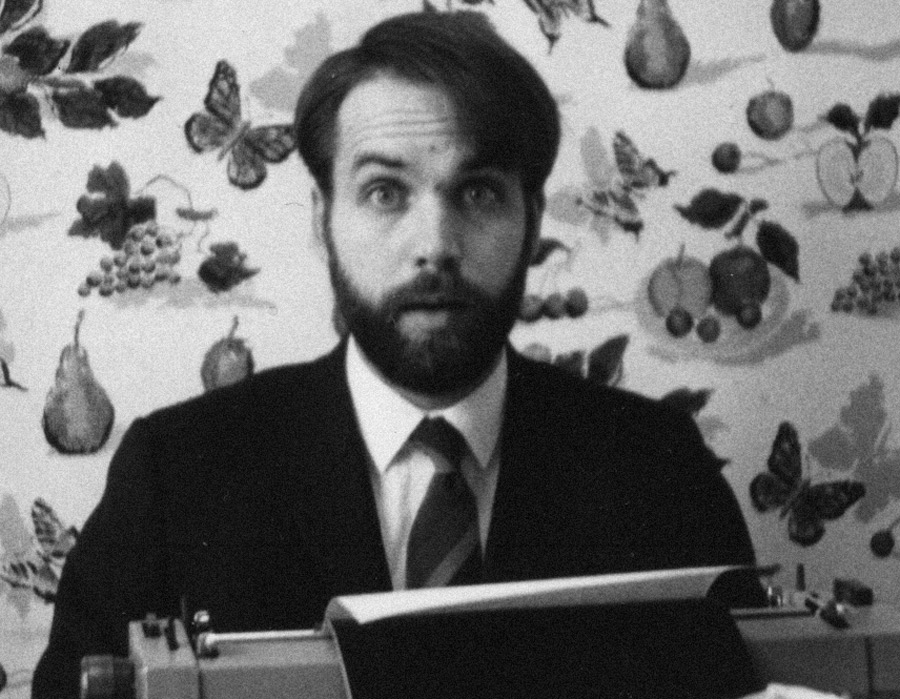
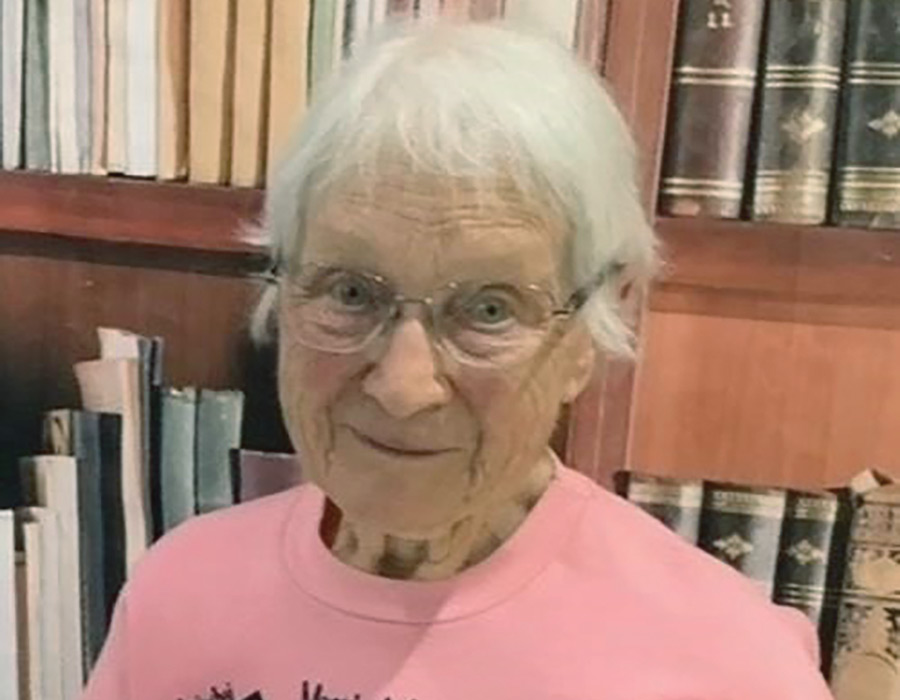
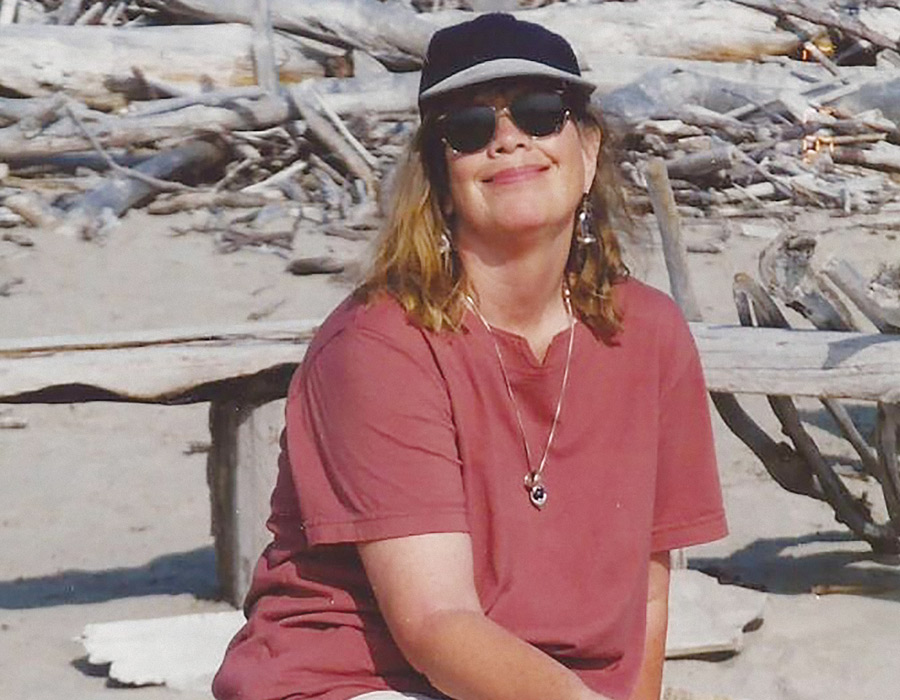
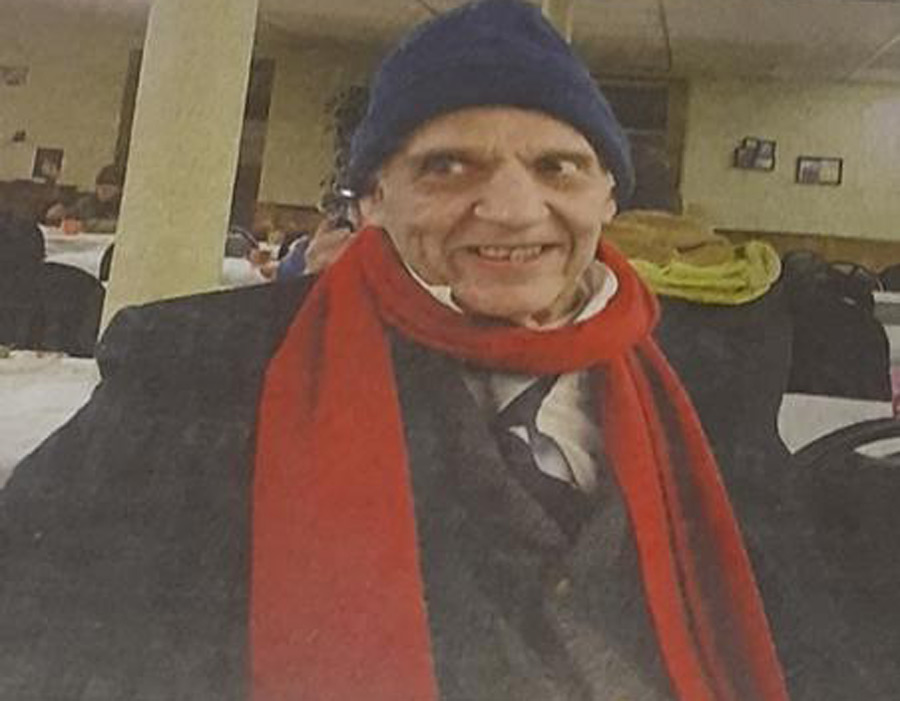
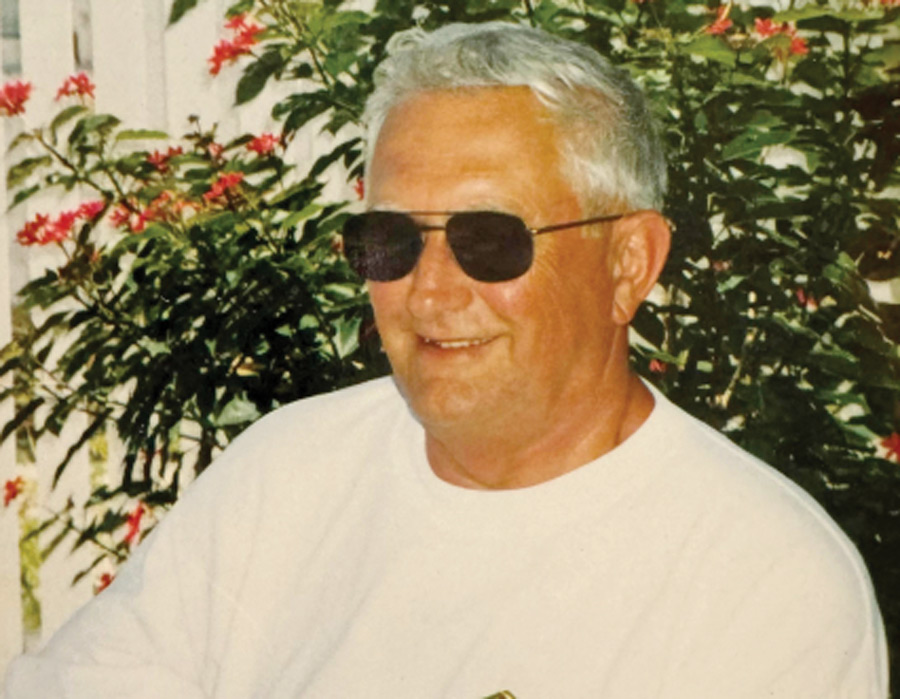
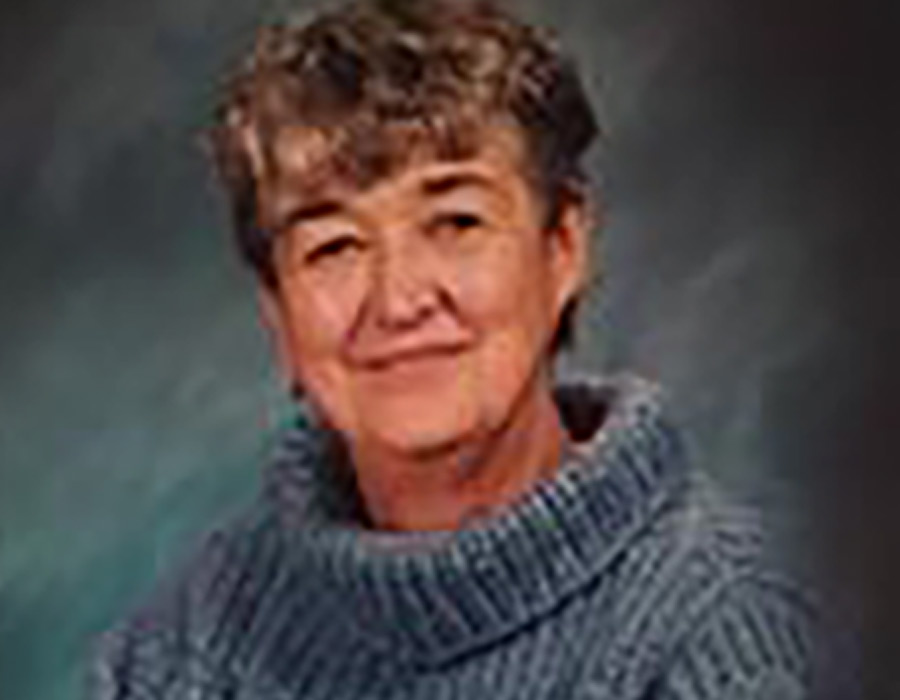
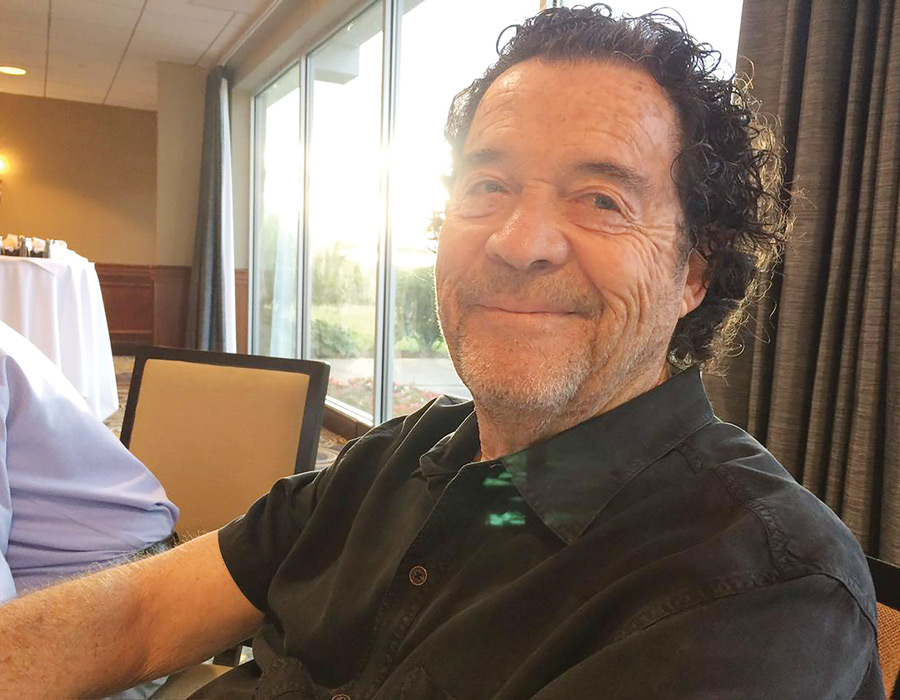
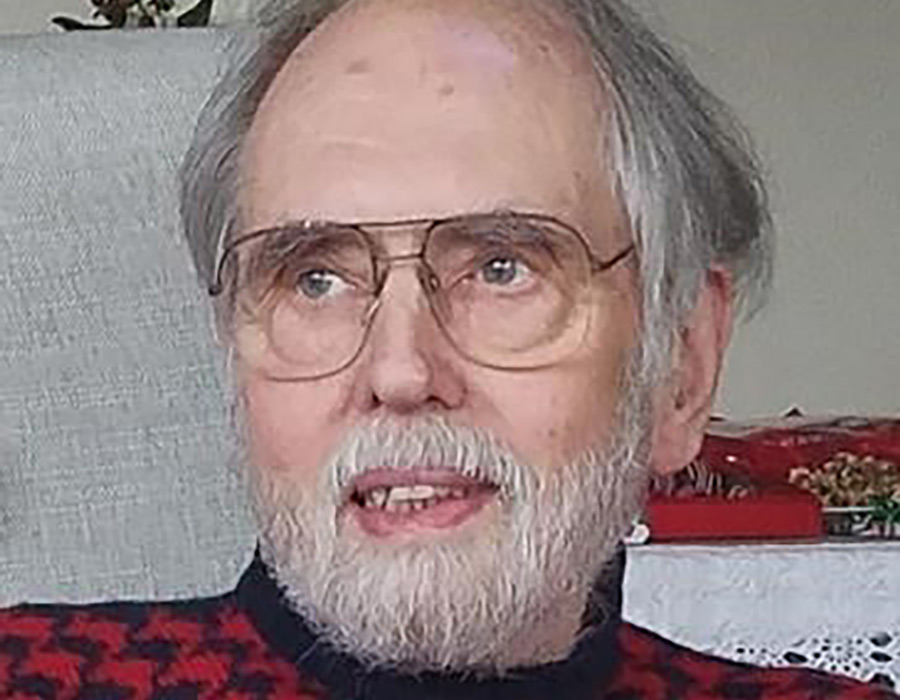
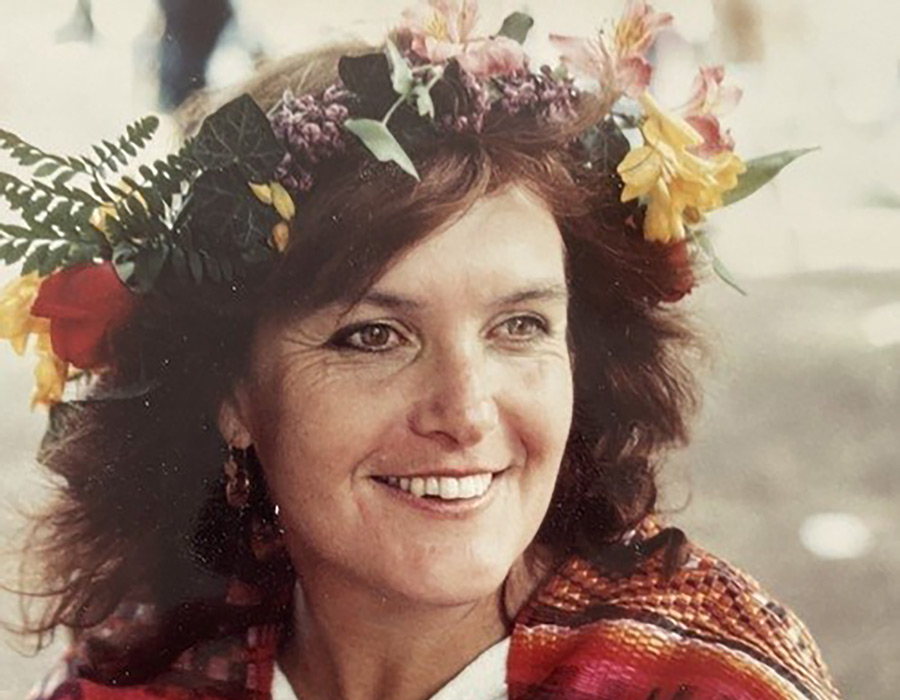
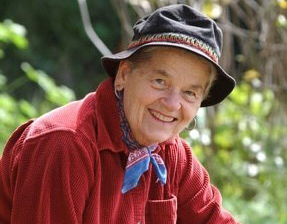
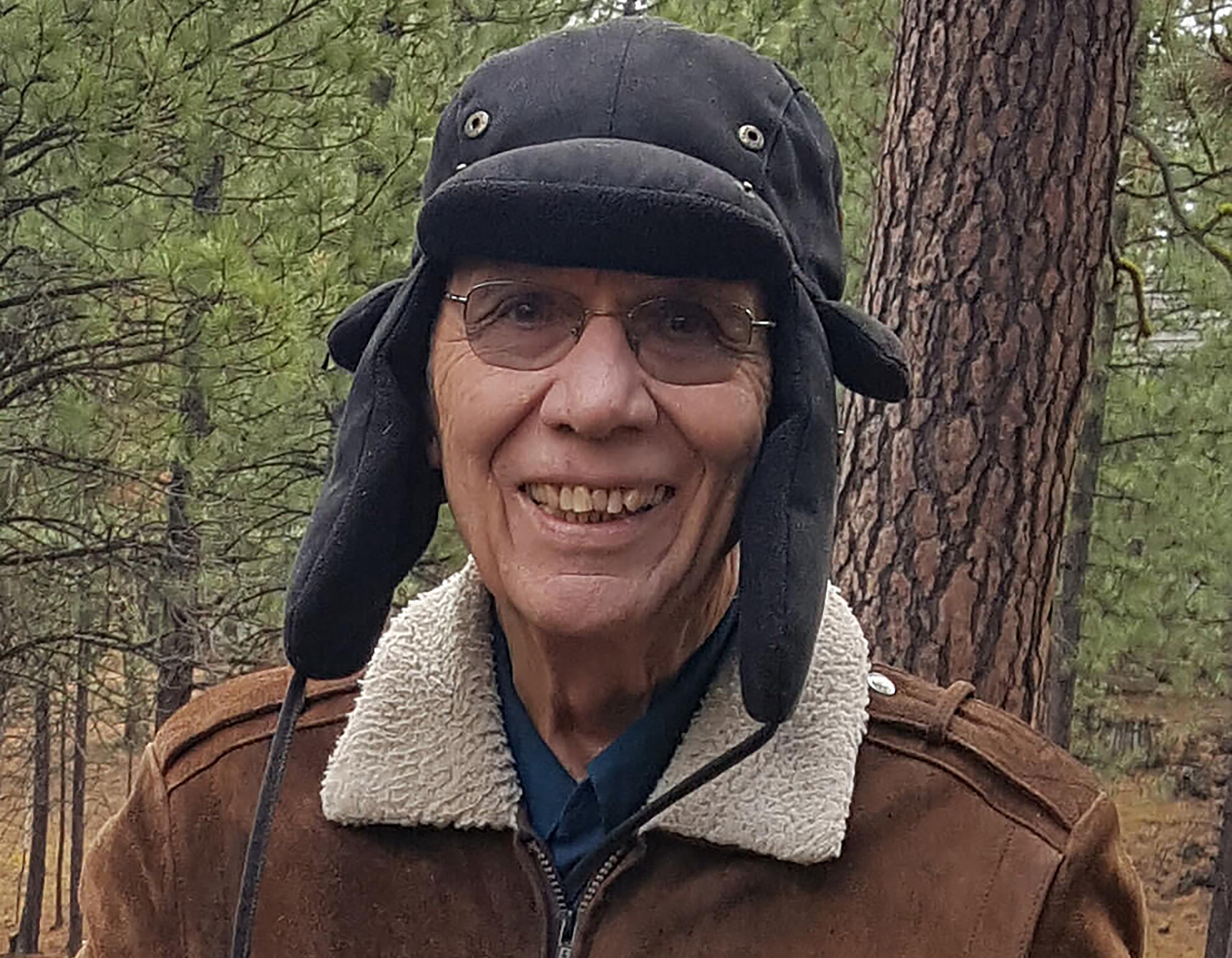
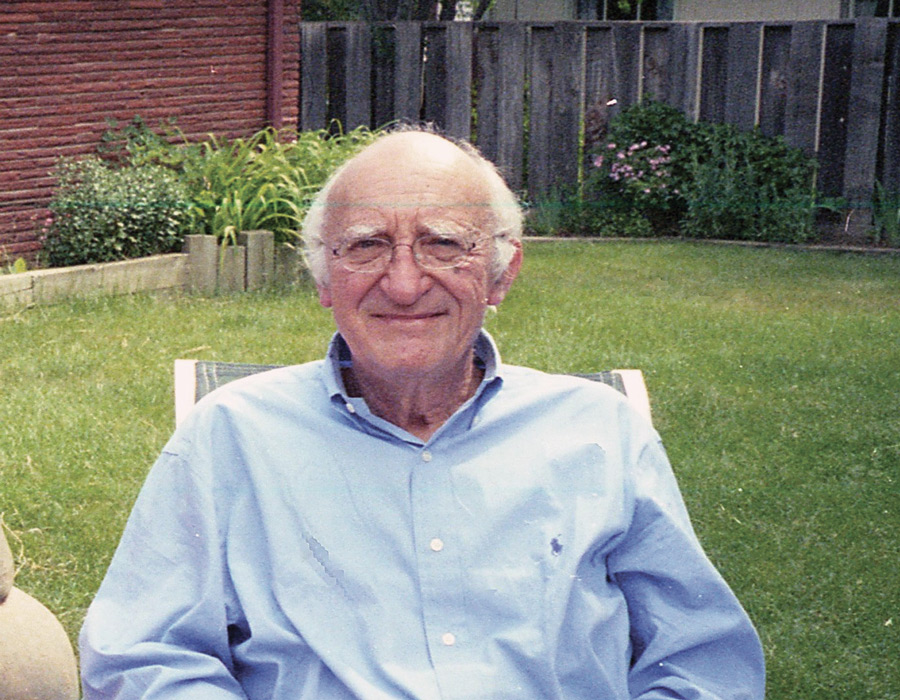
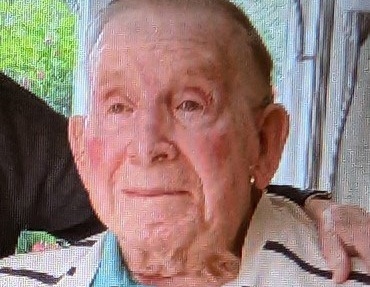
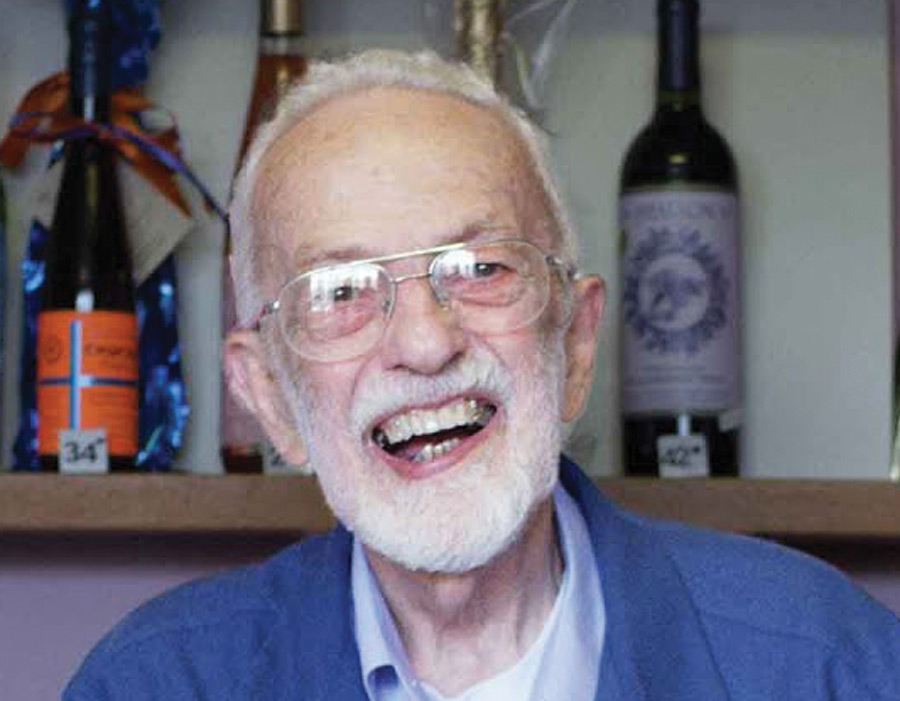
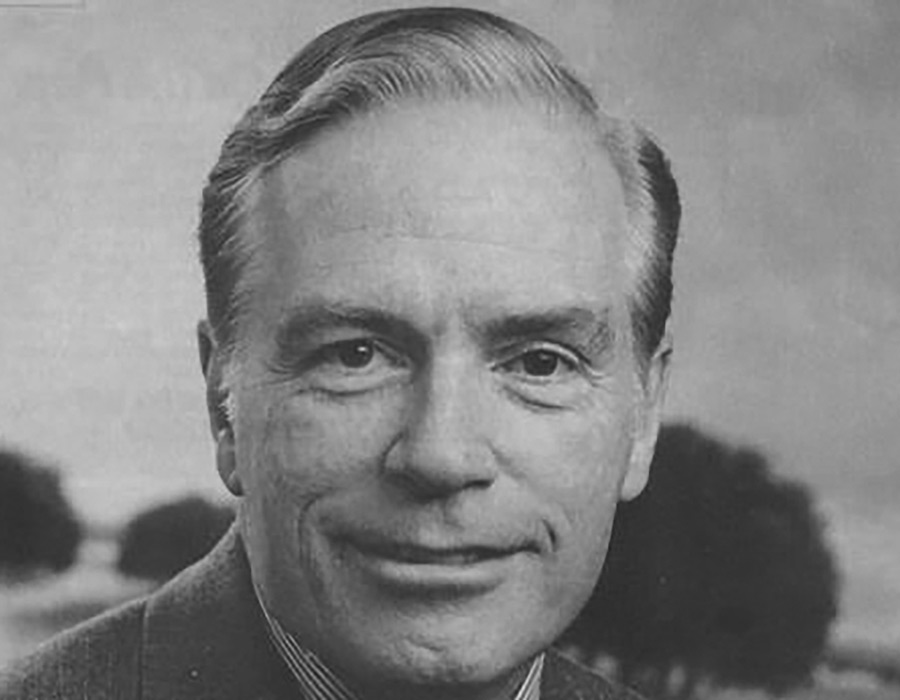
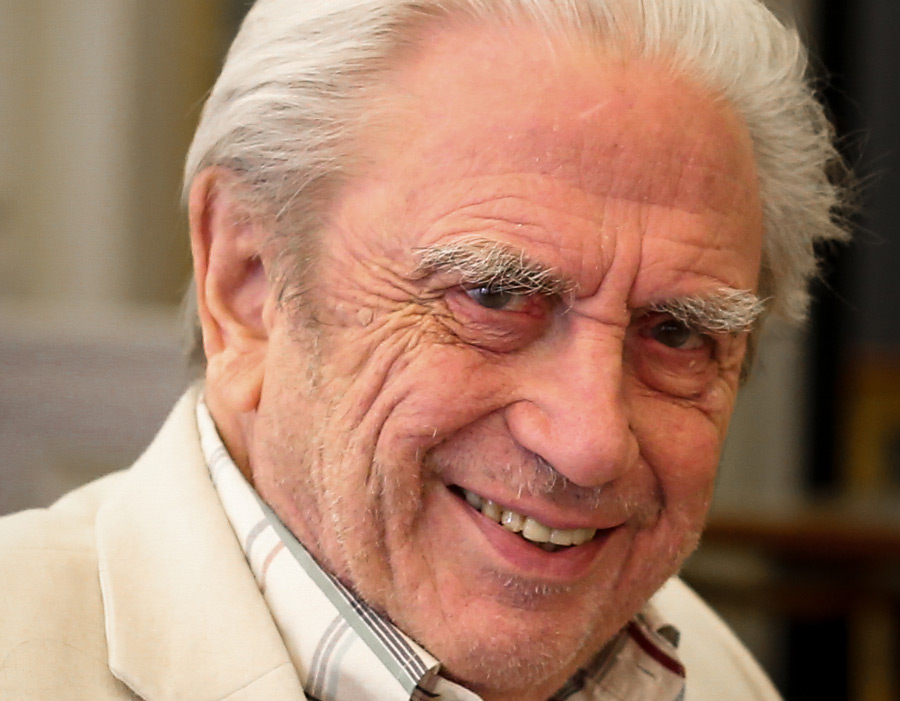
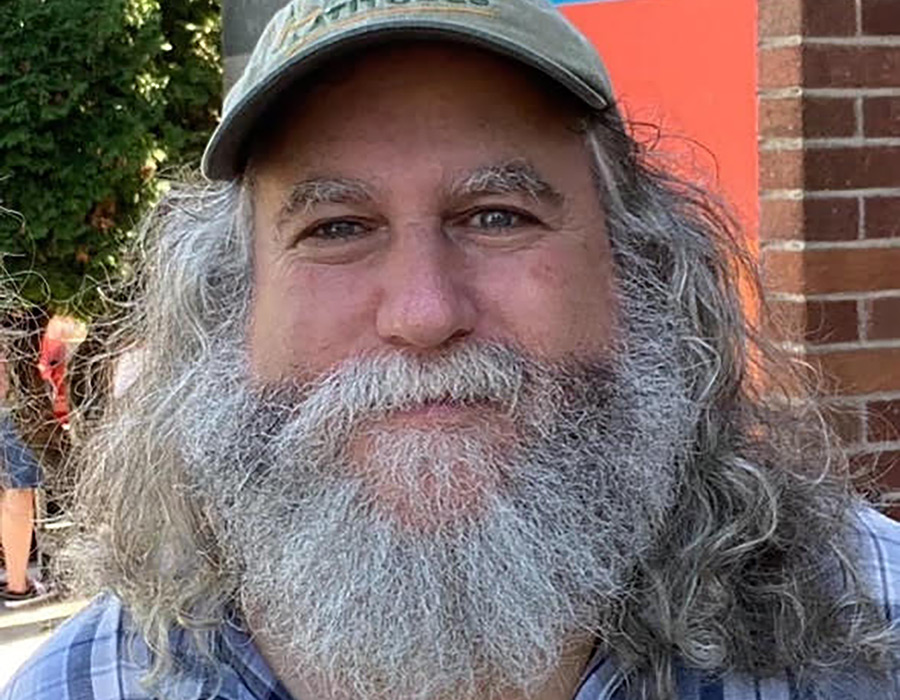
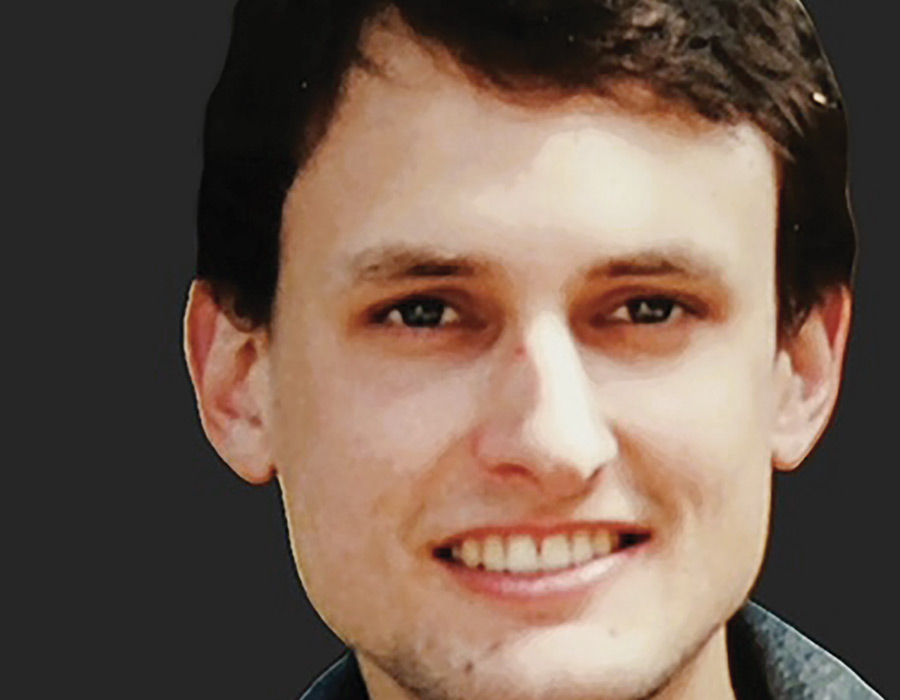
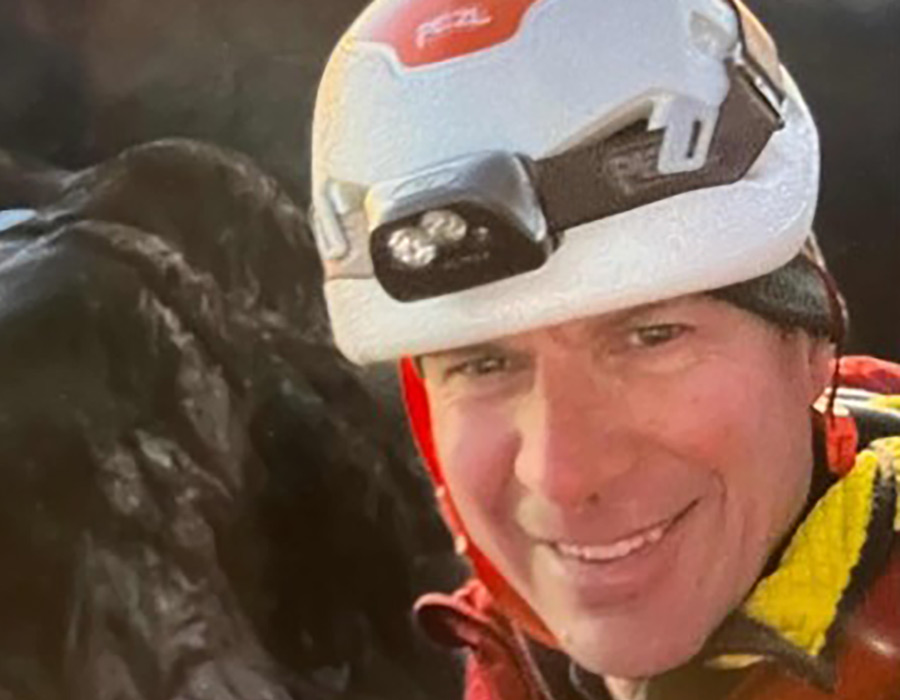
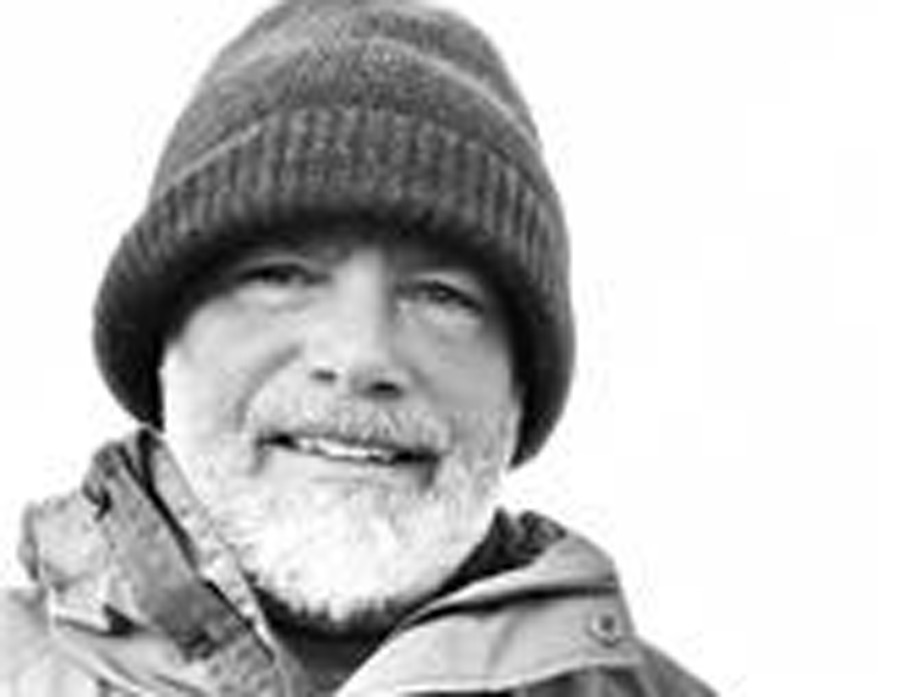
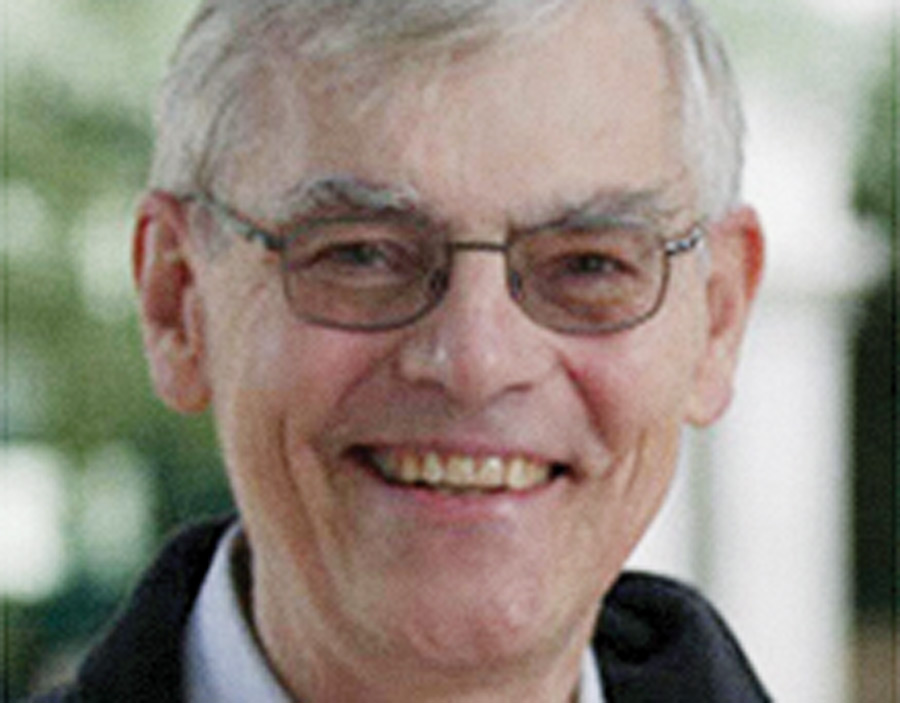
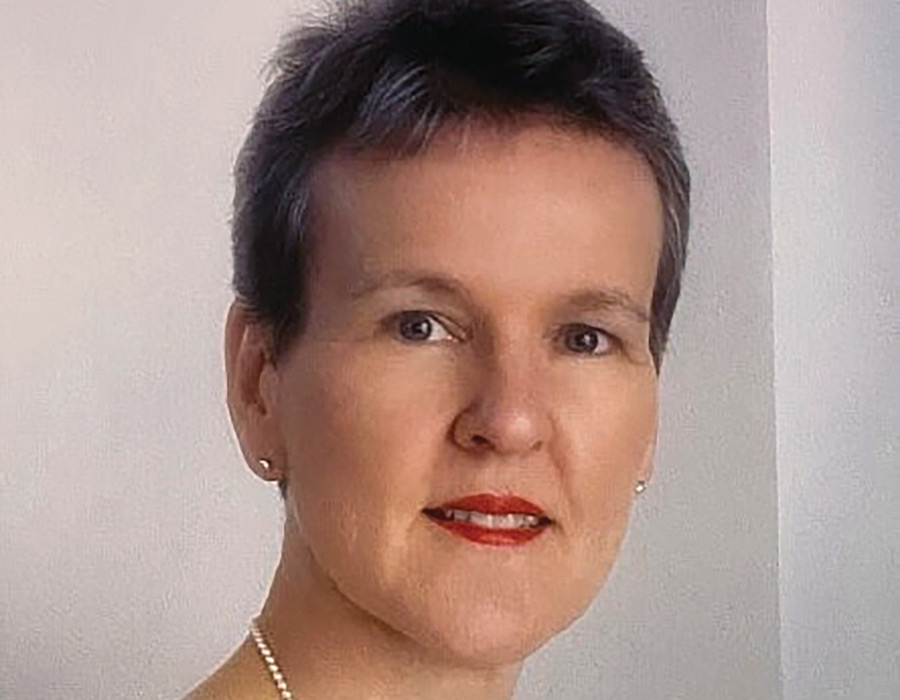
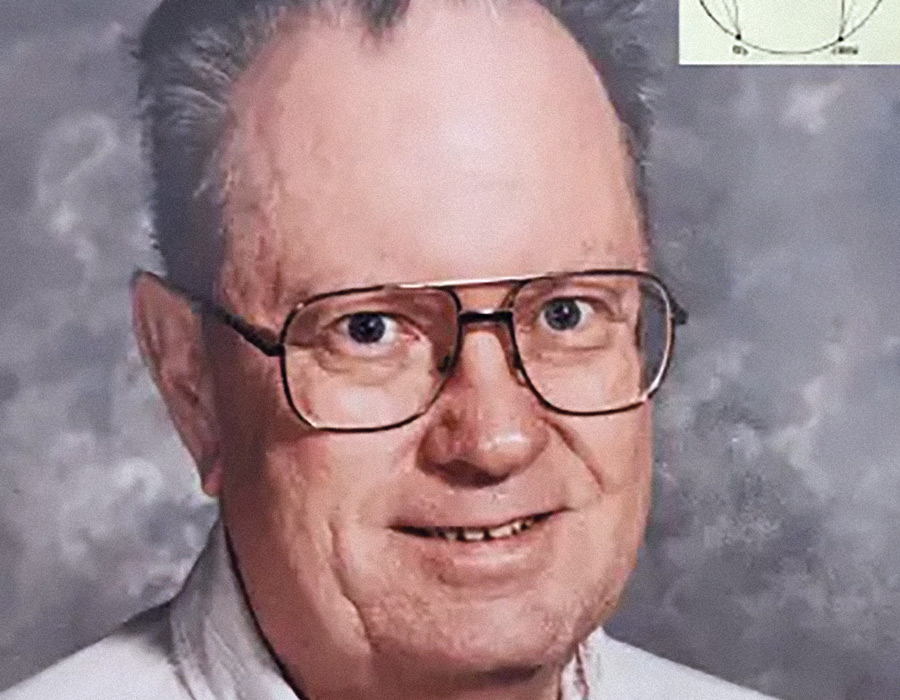
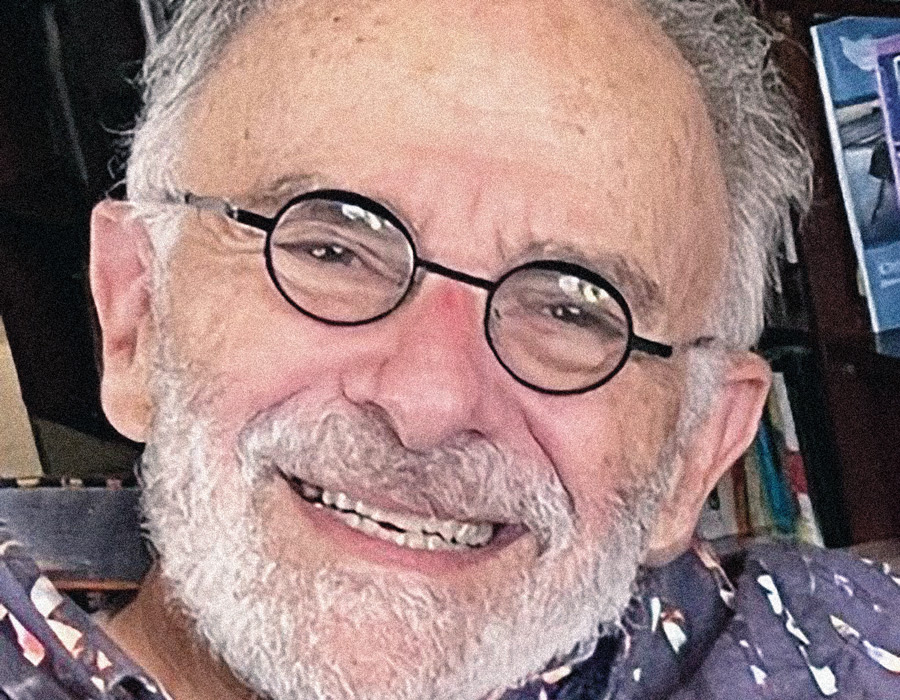
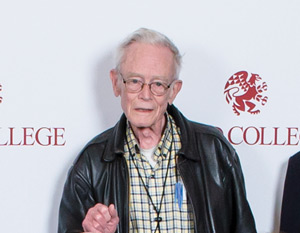
![Photo of Prof. Laurens Ruben [biology 1955–92]](https://www.reed.edu/reed-magazine/in-memoriam/assets/images/Larry-Ruben-copy.jpg)
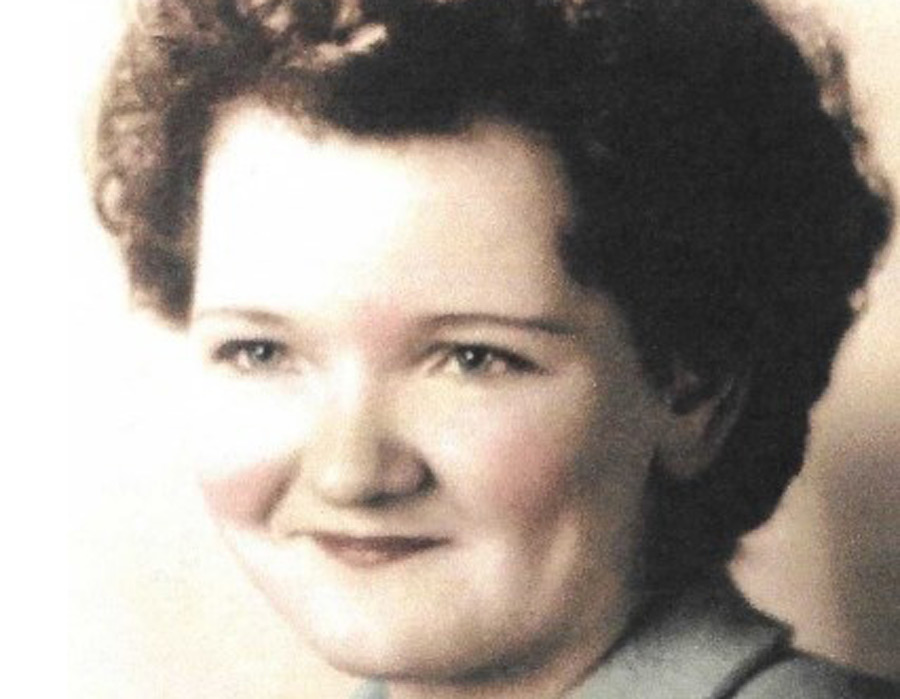
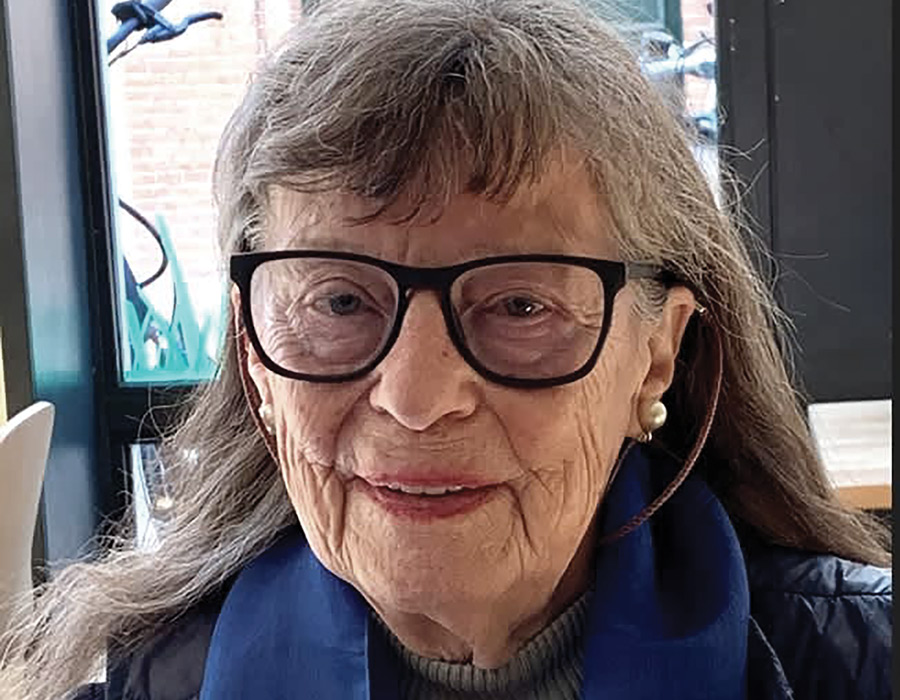
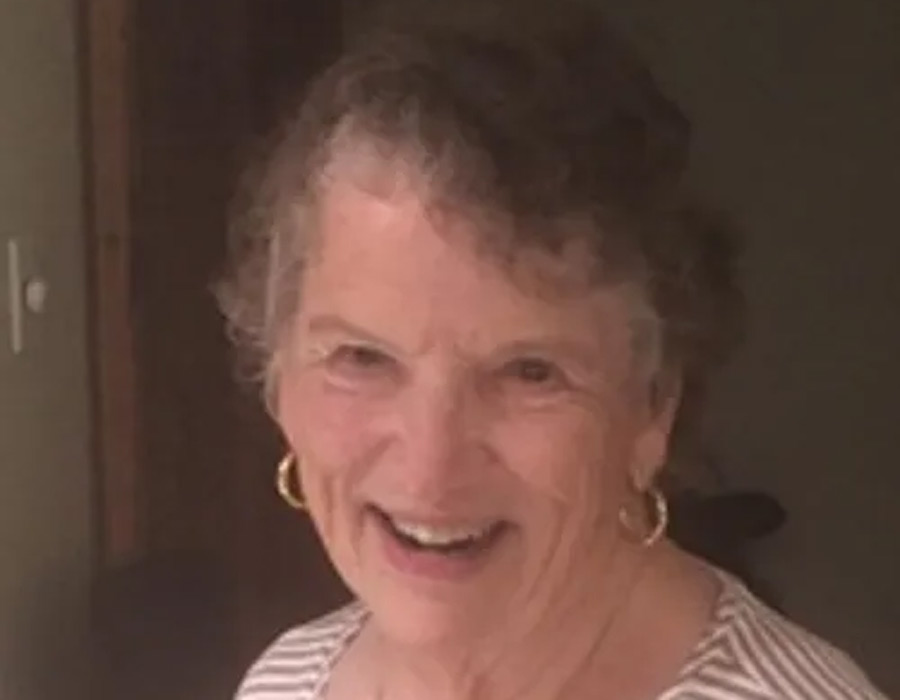
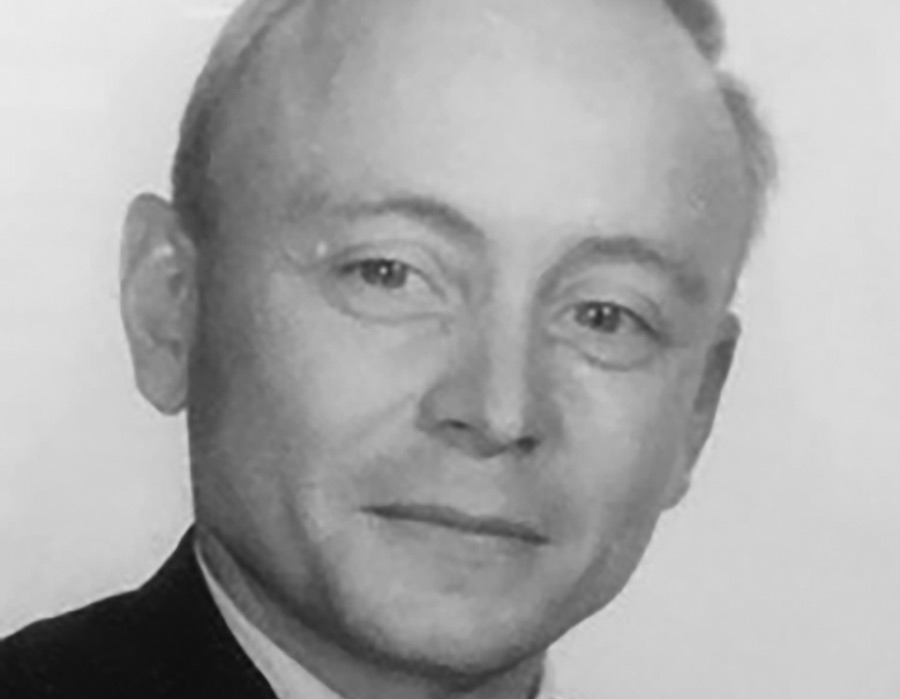
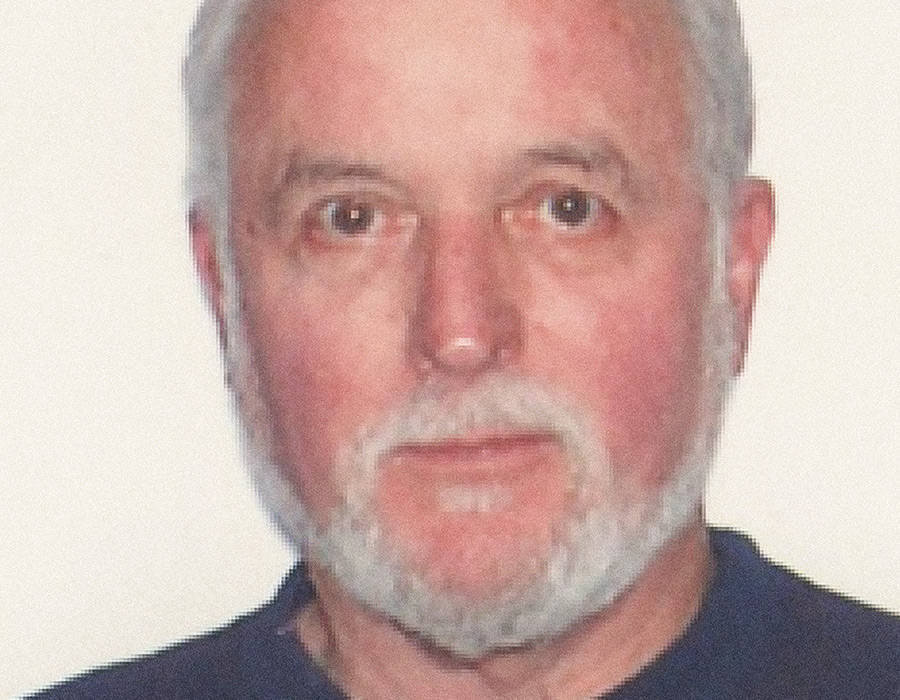
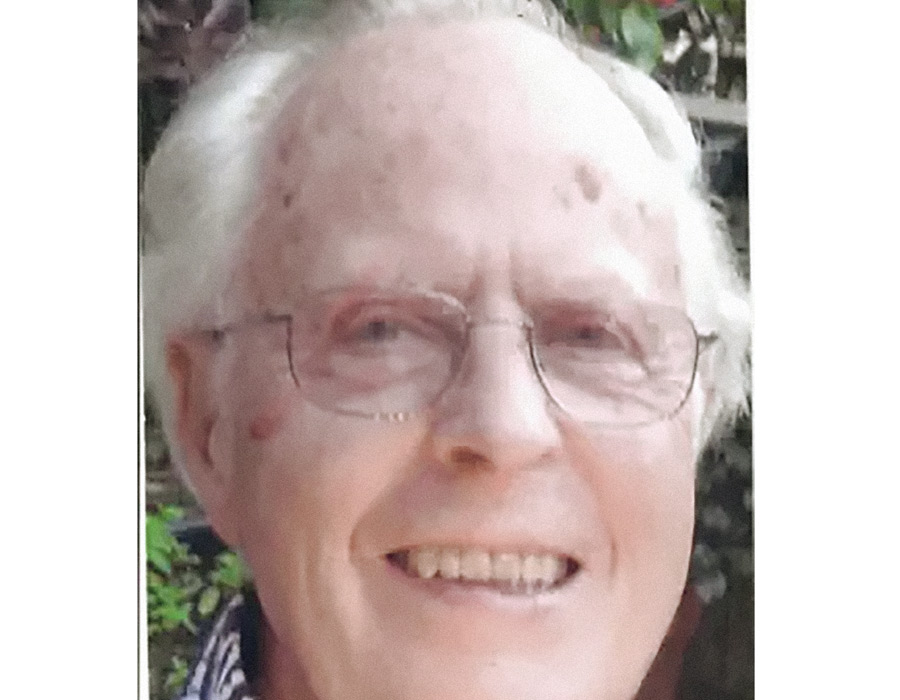
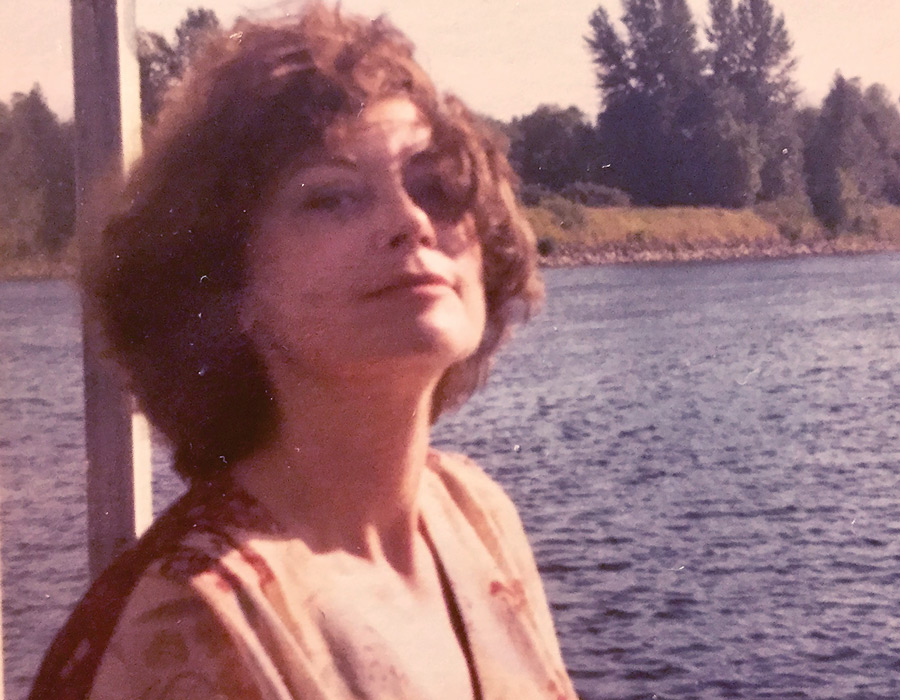
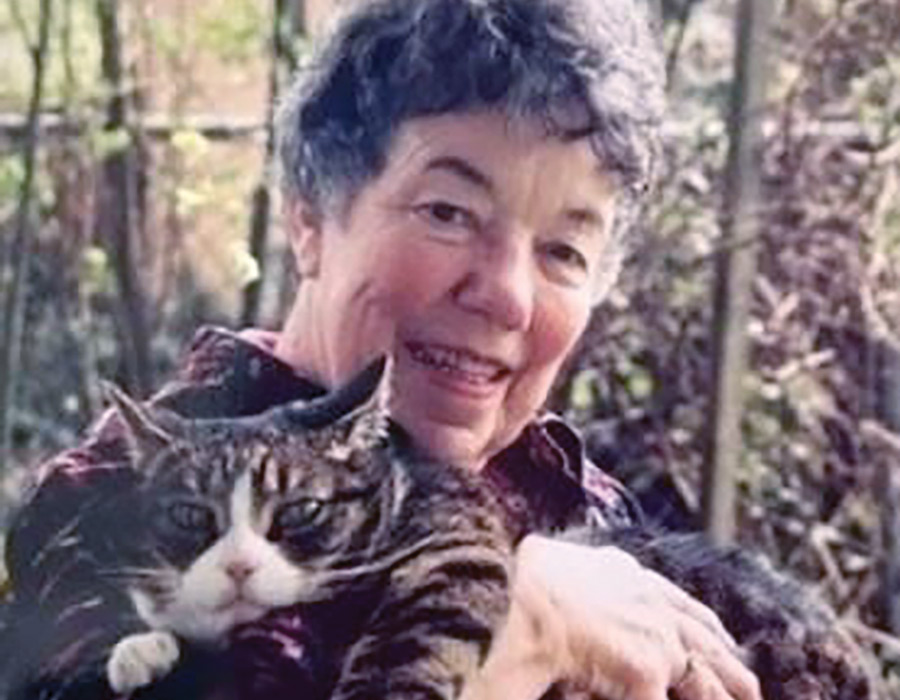
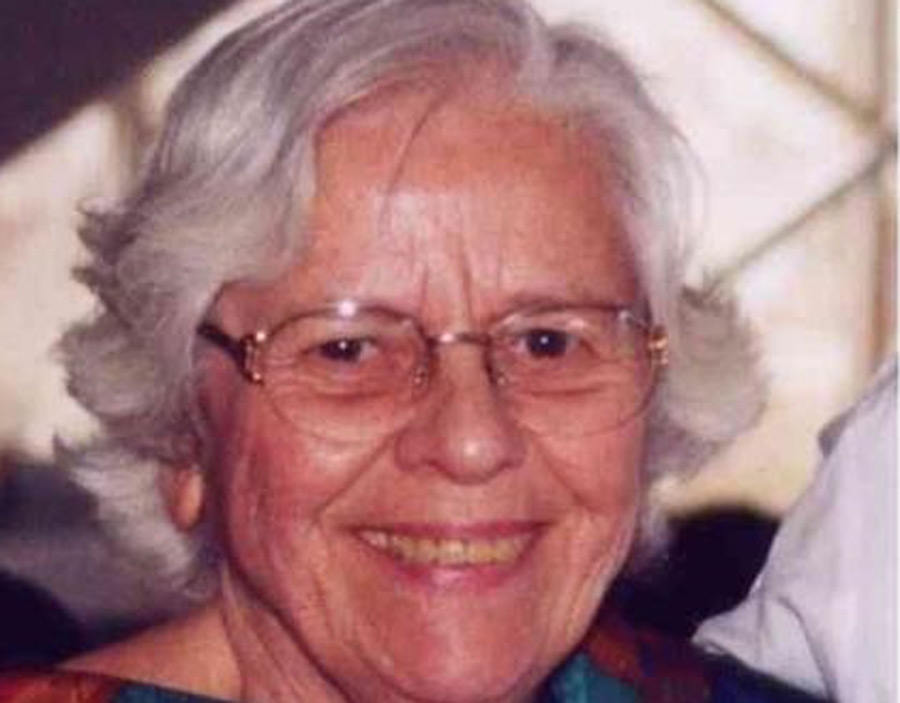
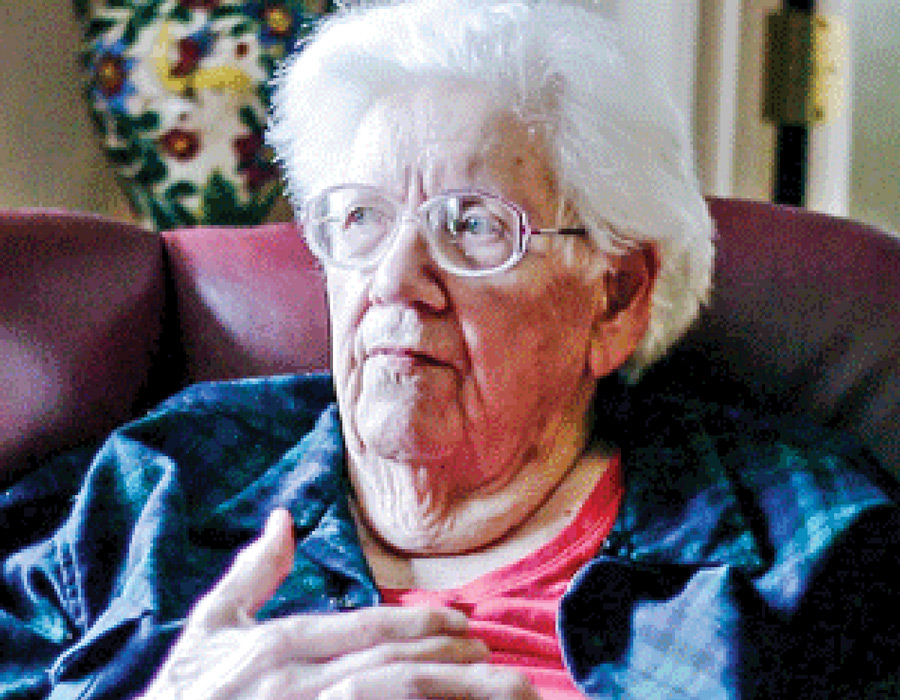
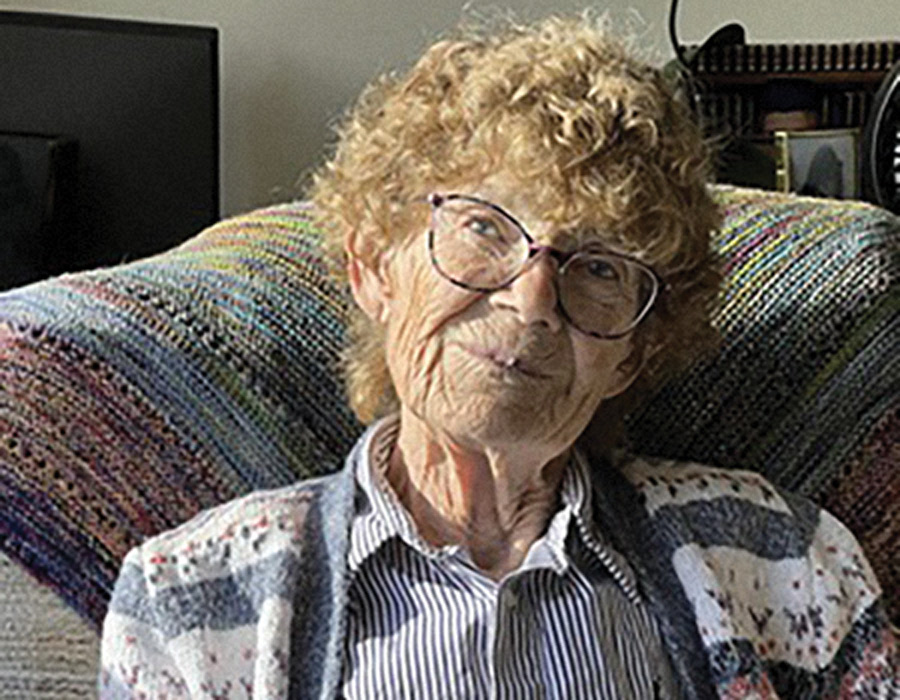
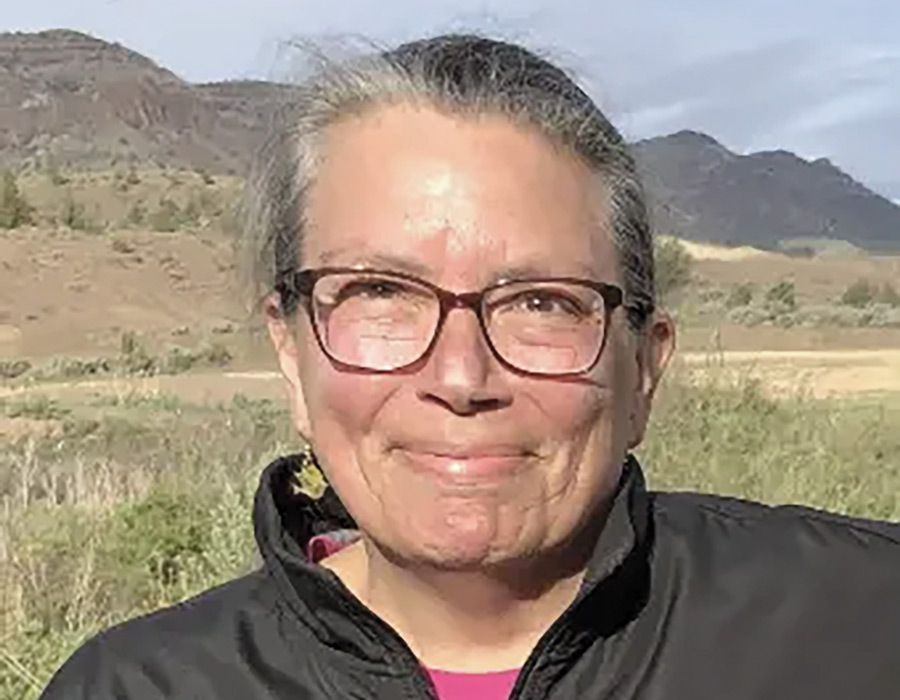
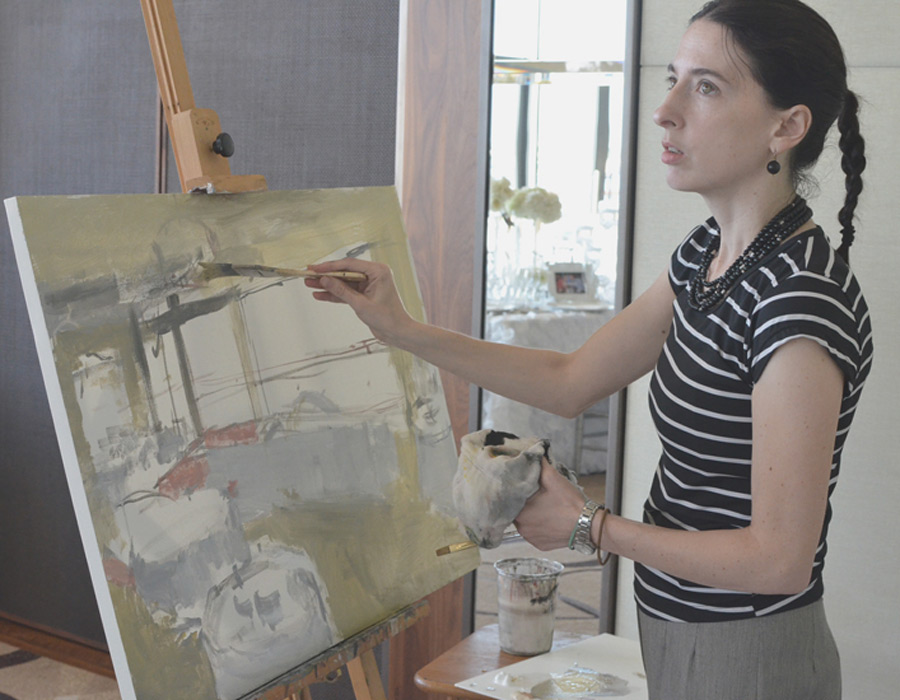
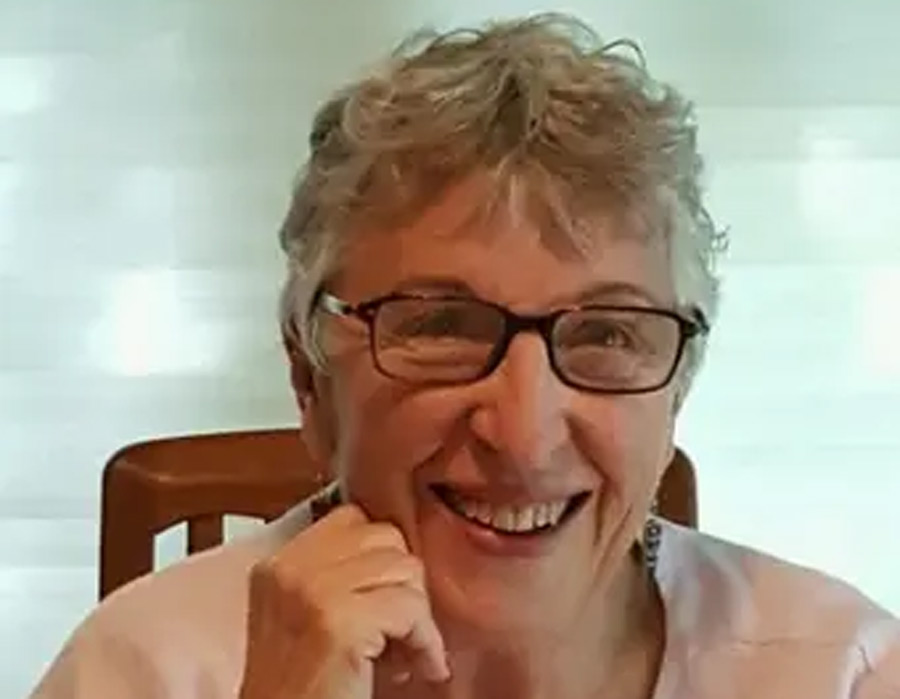
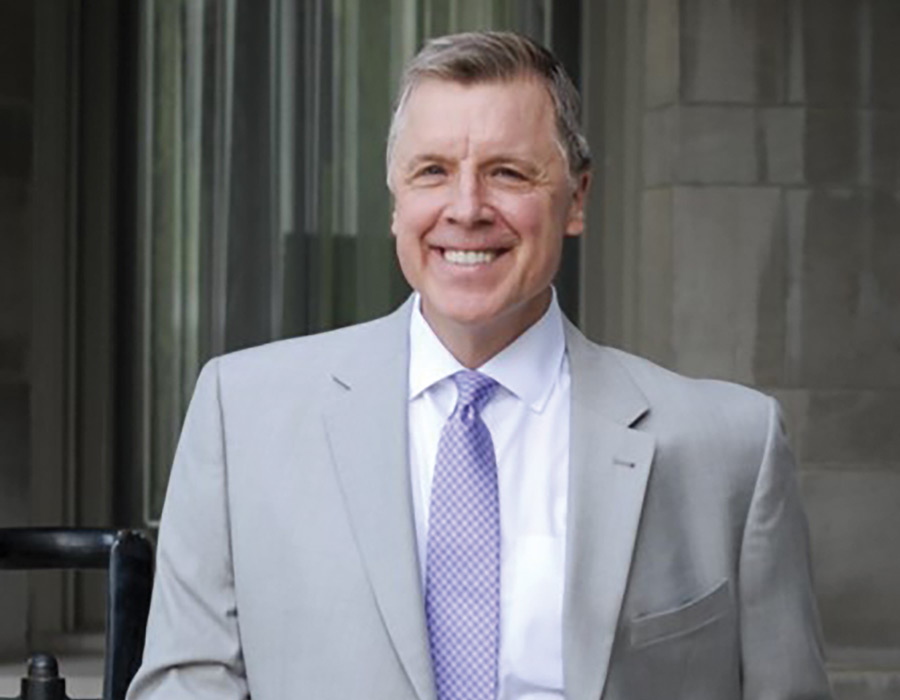
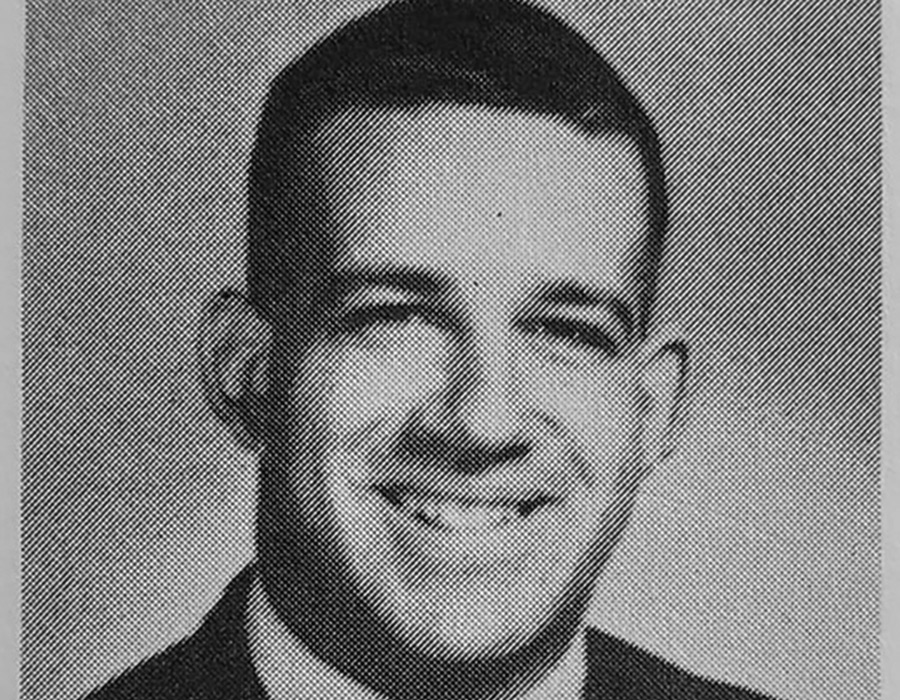
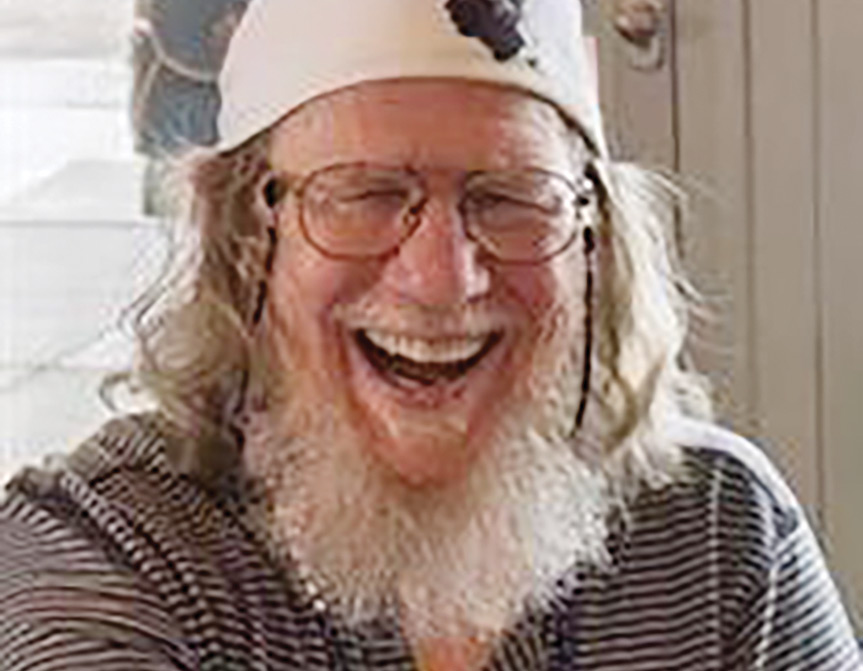
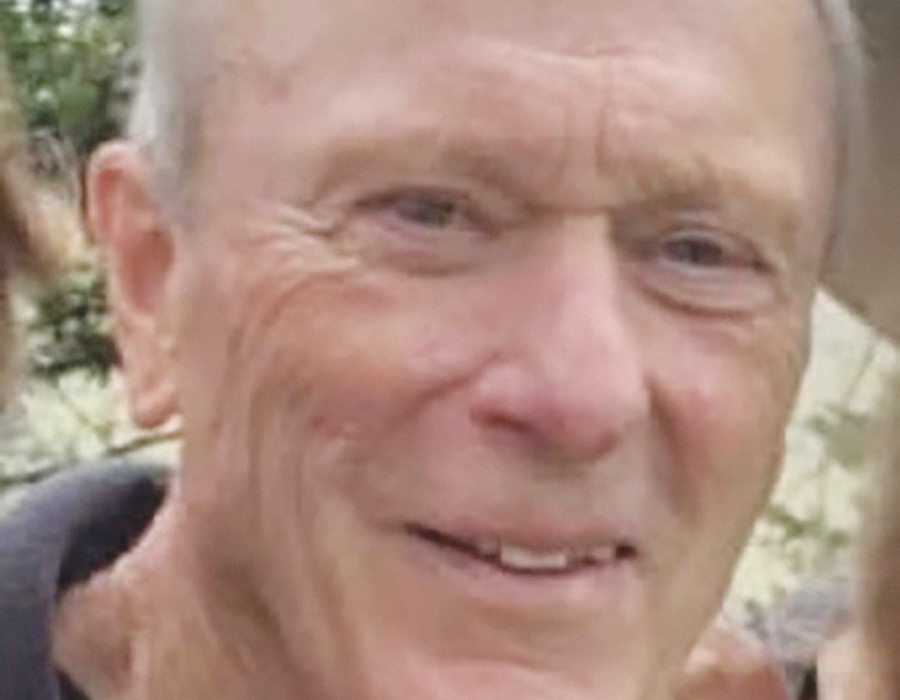
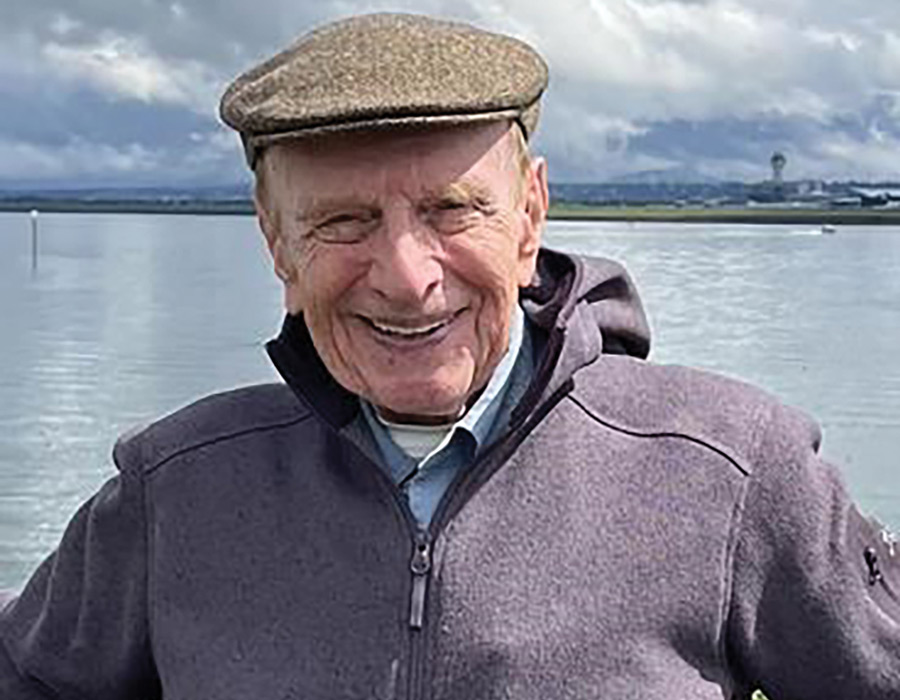
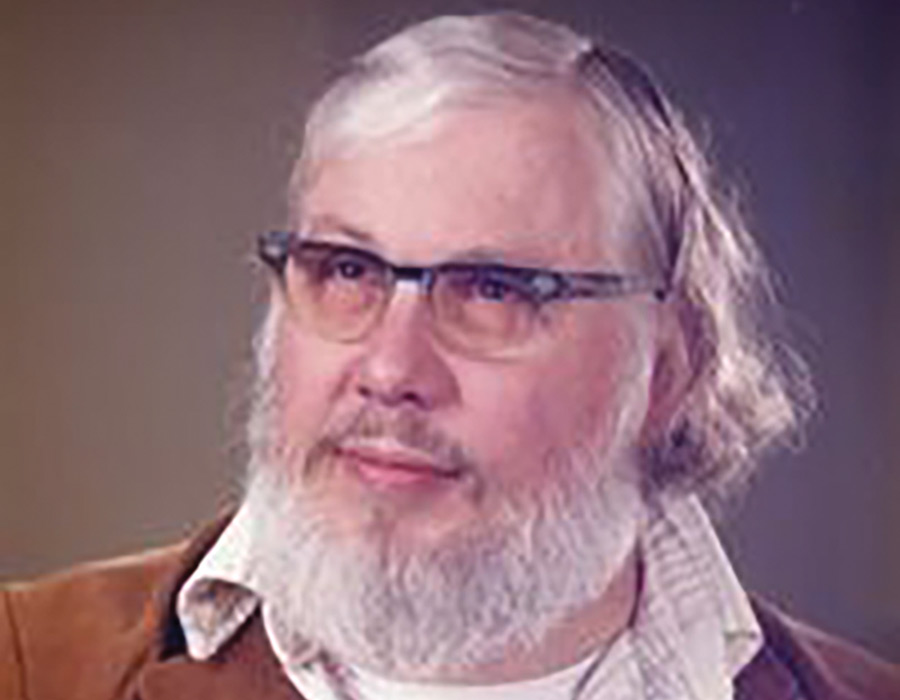
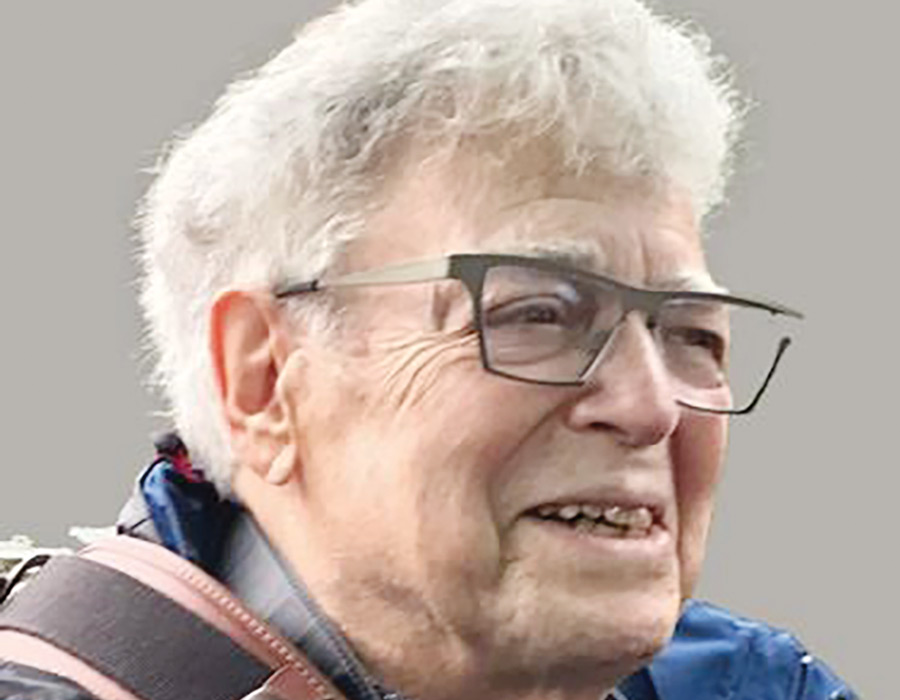
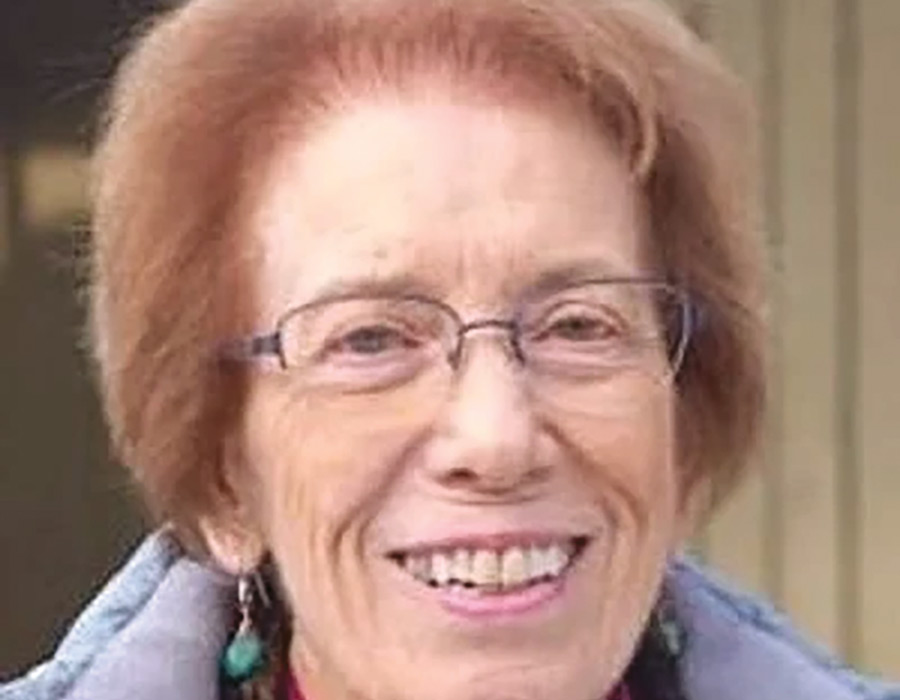
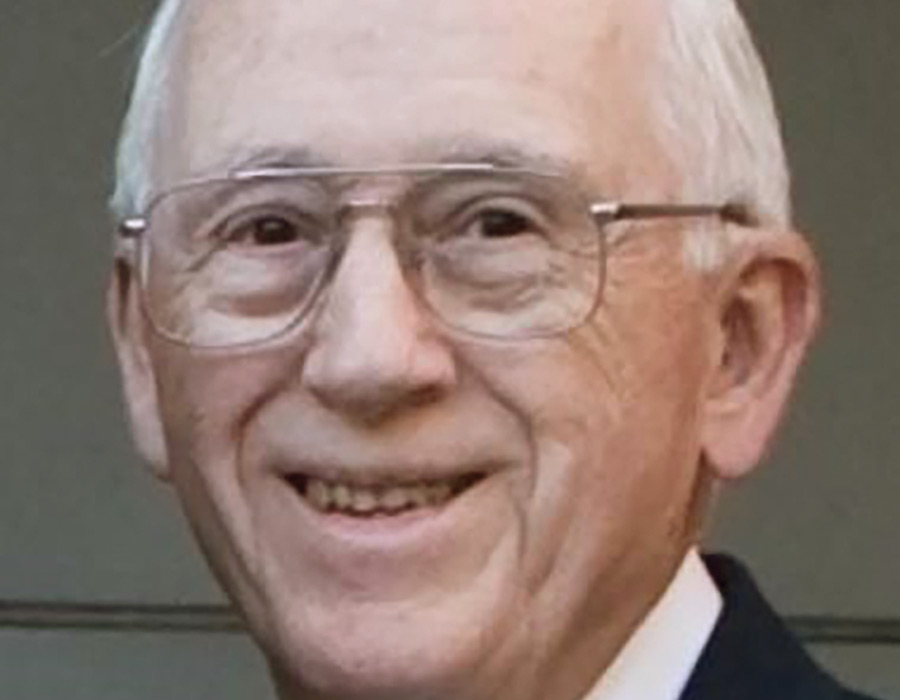
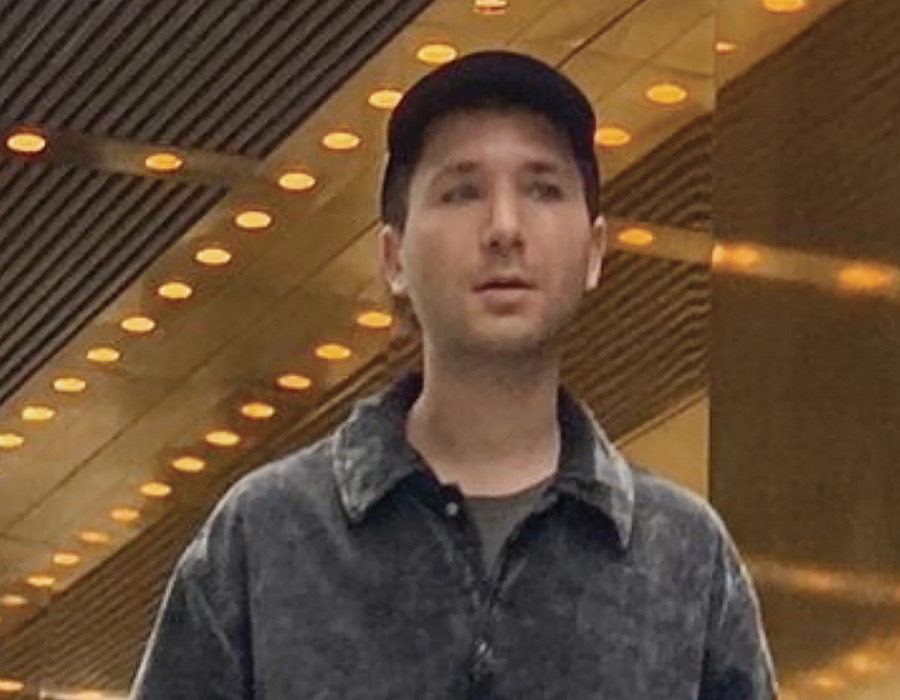
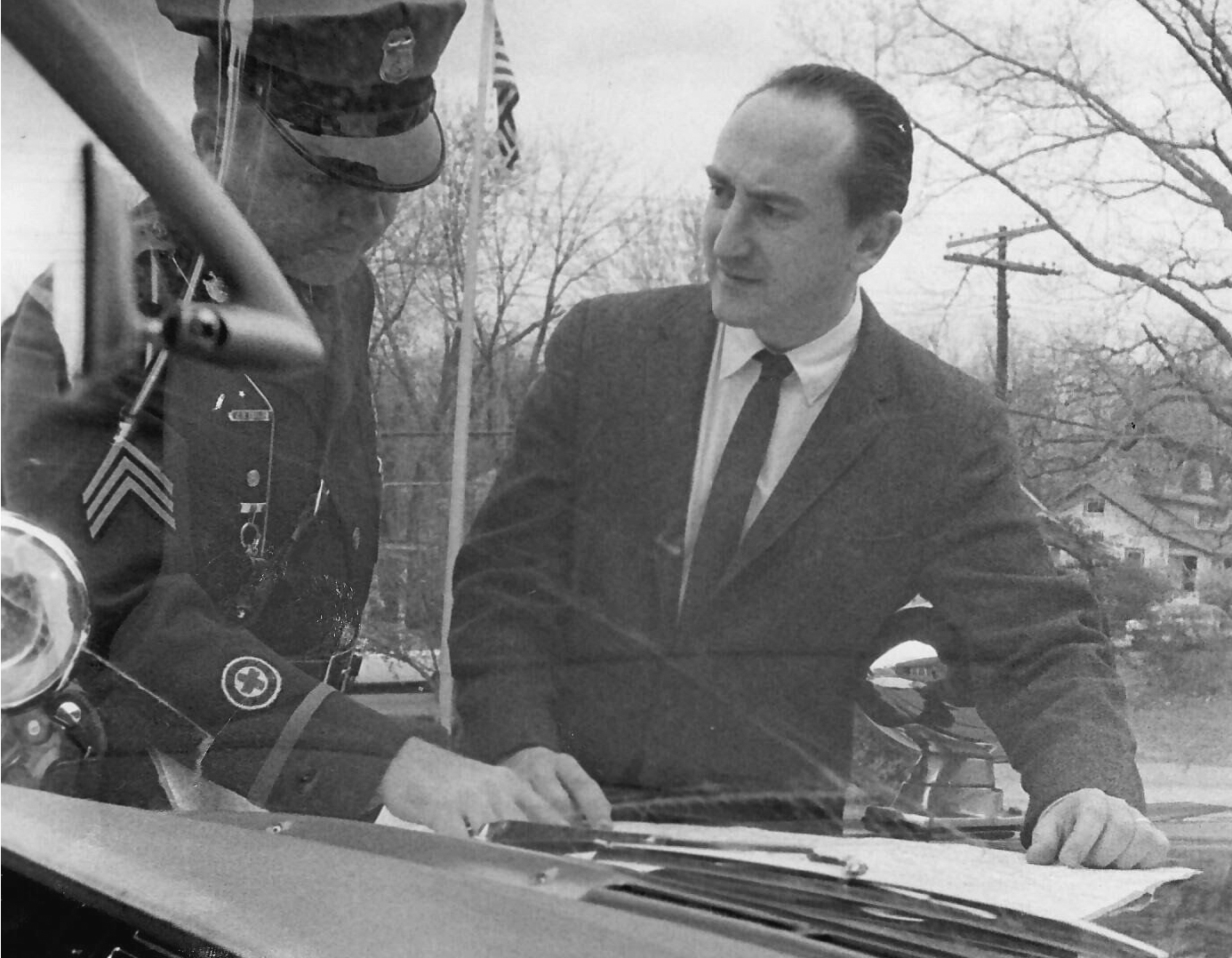
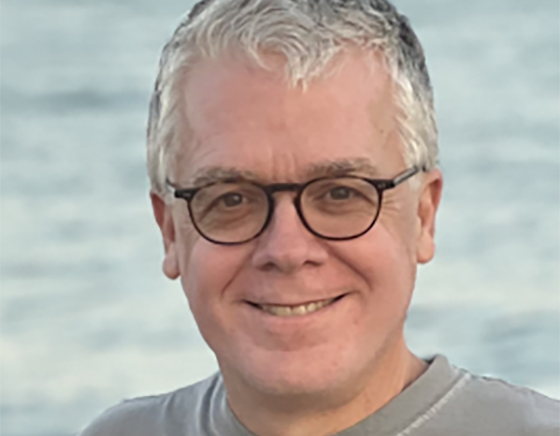
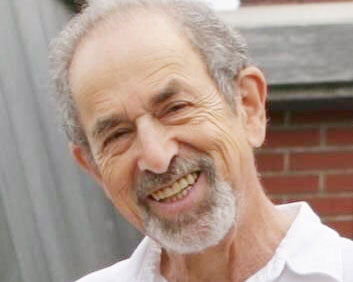
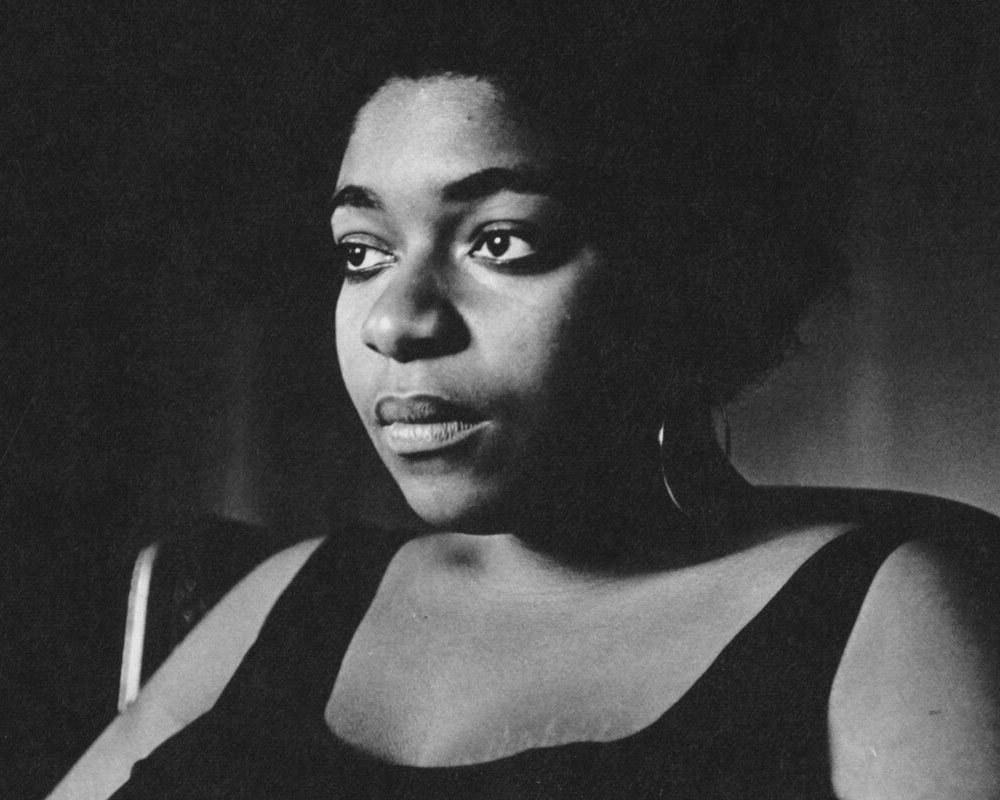


![Photo of Prof. Marvin Levich [philosophy 1953–94]](https://www.reed.edu/reed-magazine/in-memoriam/assets/images/2022/LTL-levich1.jpg)
![Photo of President Paul E. Bragdon [1971–88]](https://www.reed.edu/reed-magazine/in-memoriam/assets/images/2020/Bragdon.jpg)
![Photo of Prof. Edward Barton Segel [history 1973–2011]](https://www.reed.edu/reed-magazine/in-memoriam/assets/images/2020/Segel.jpg)








































































